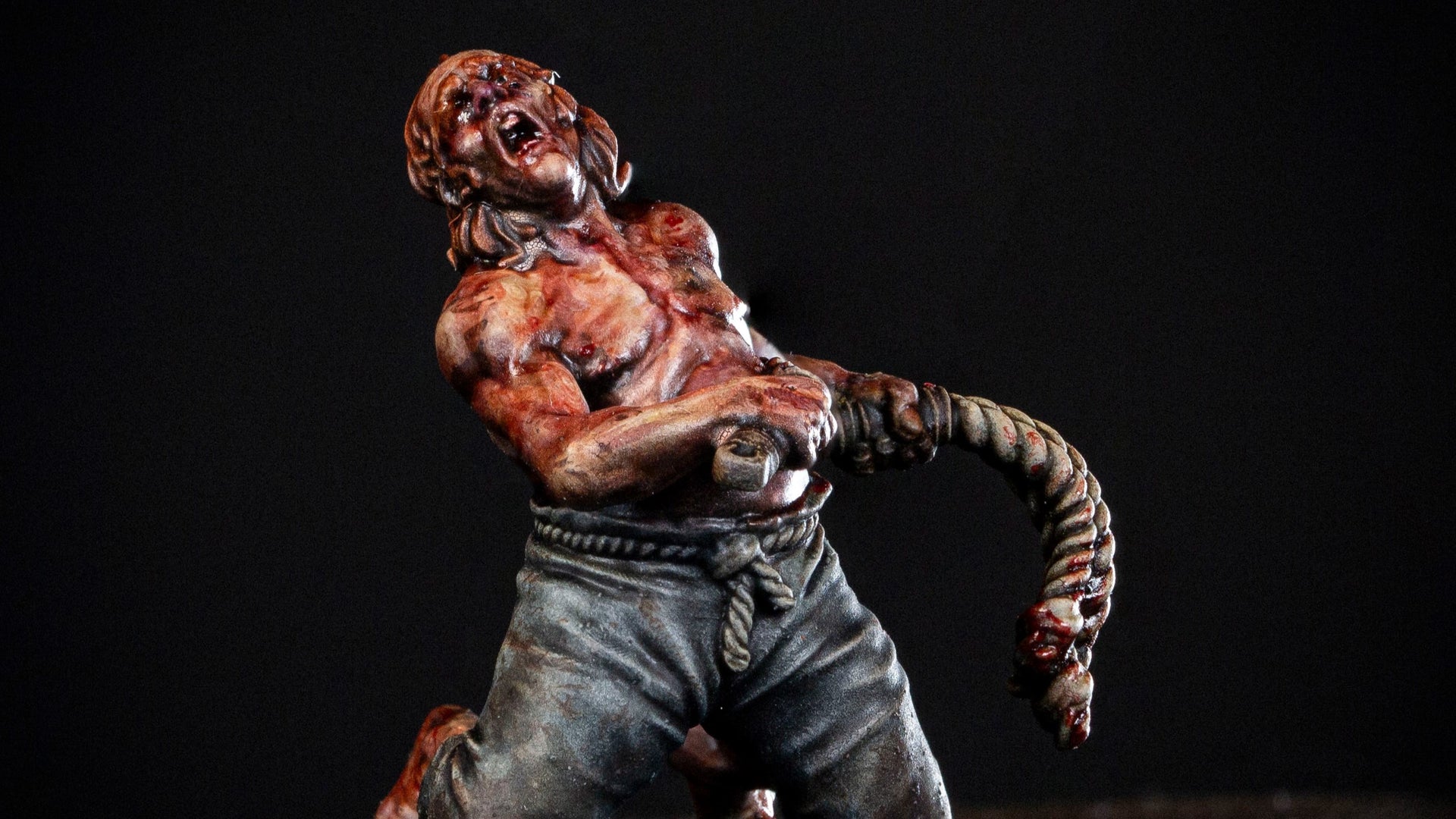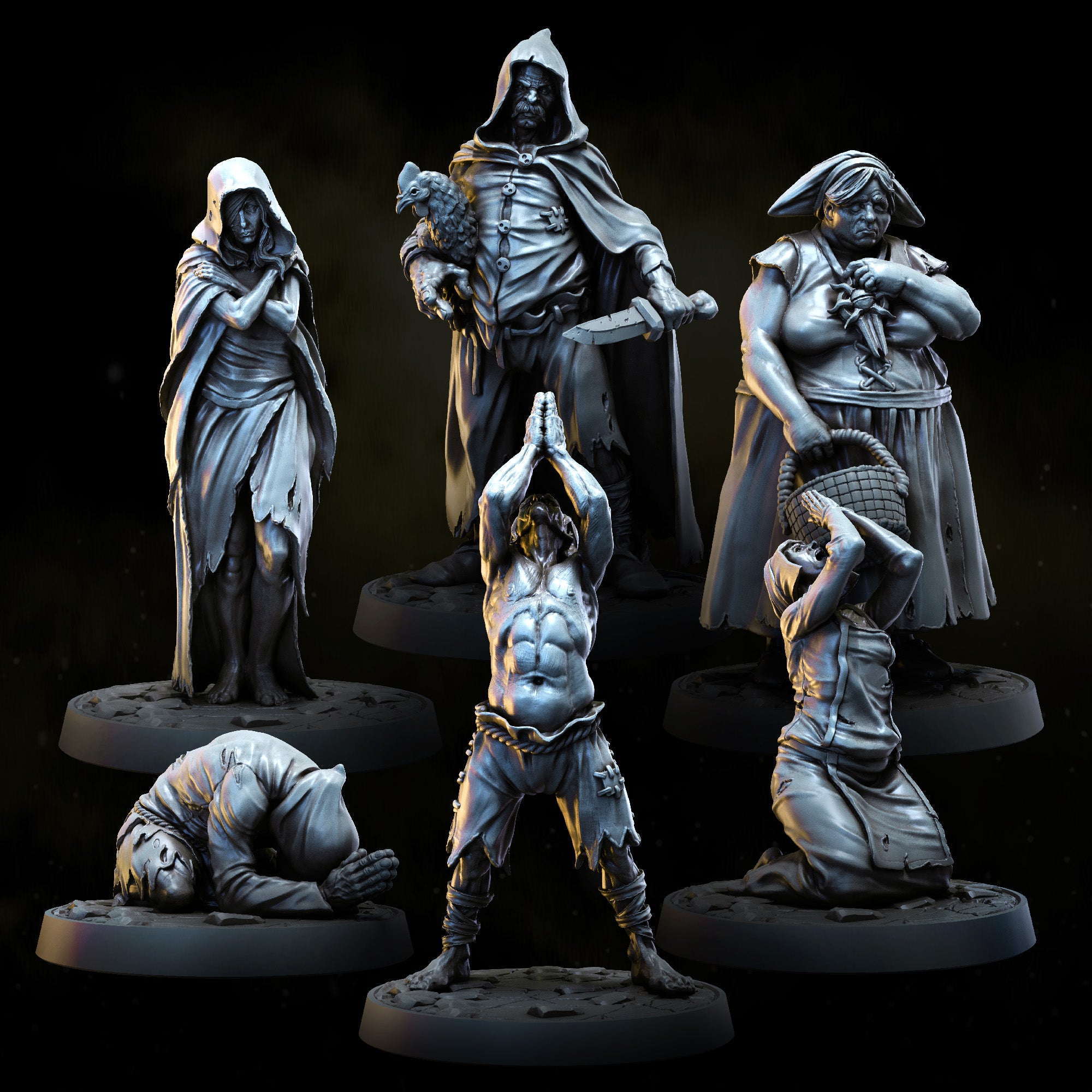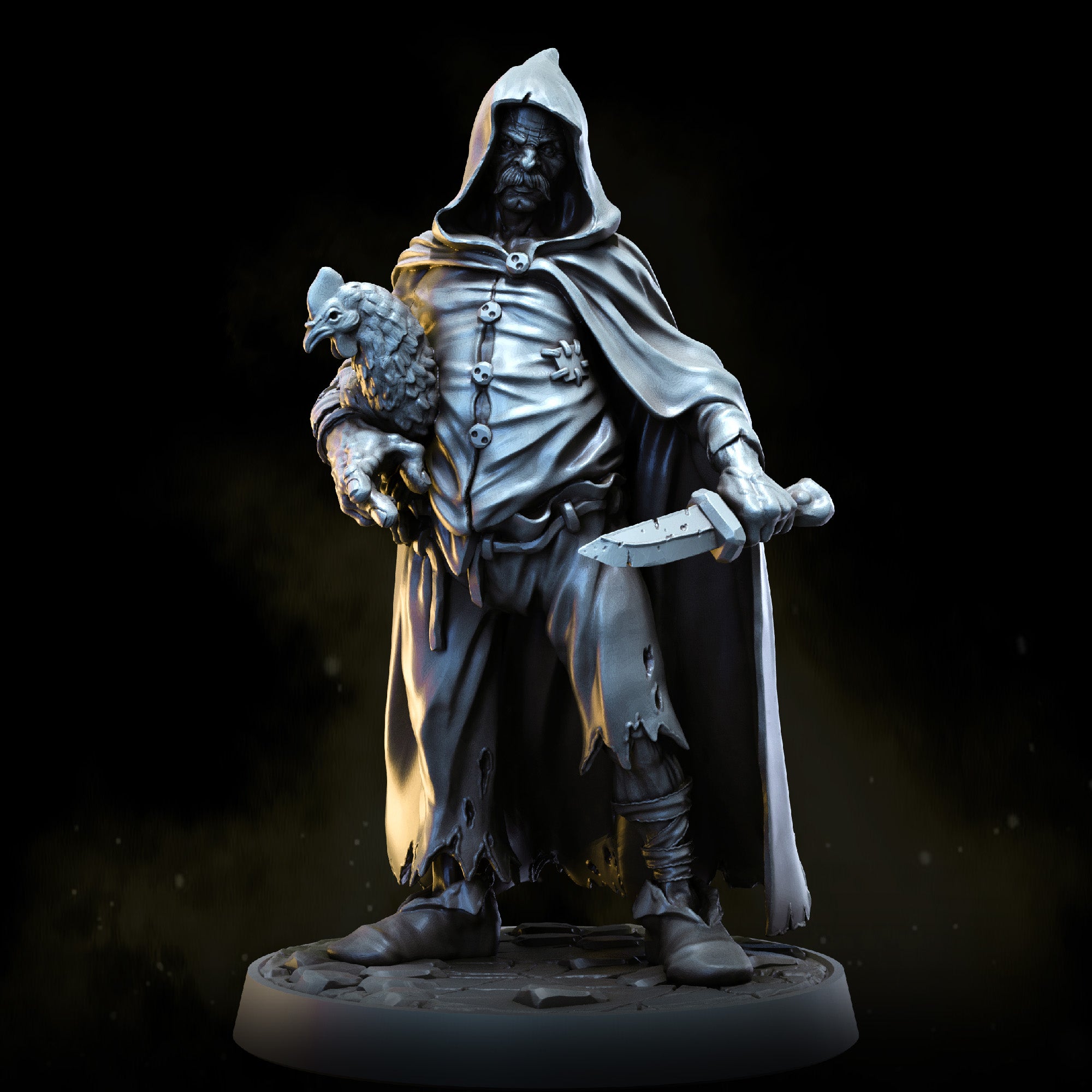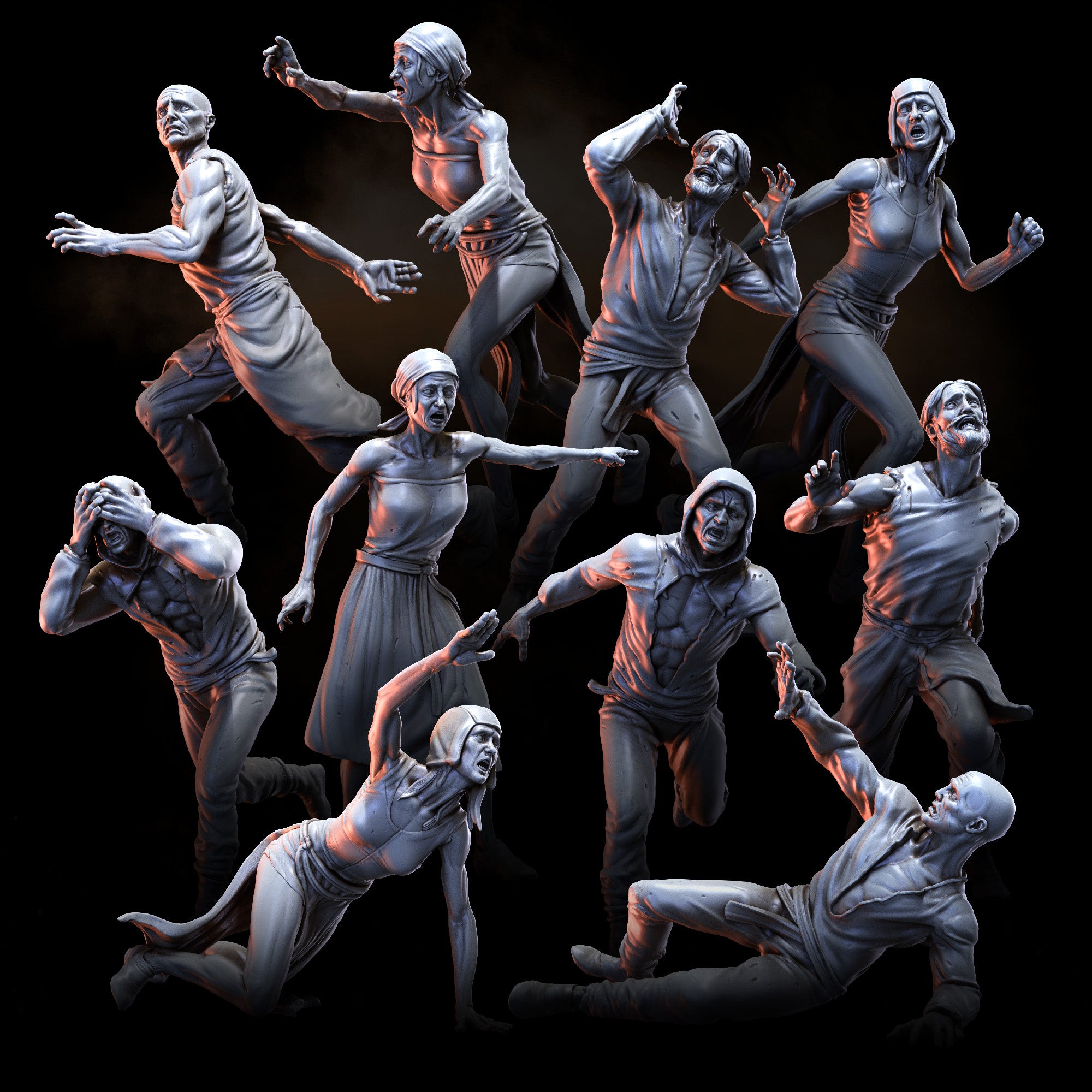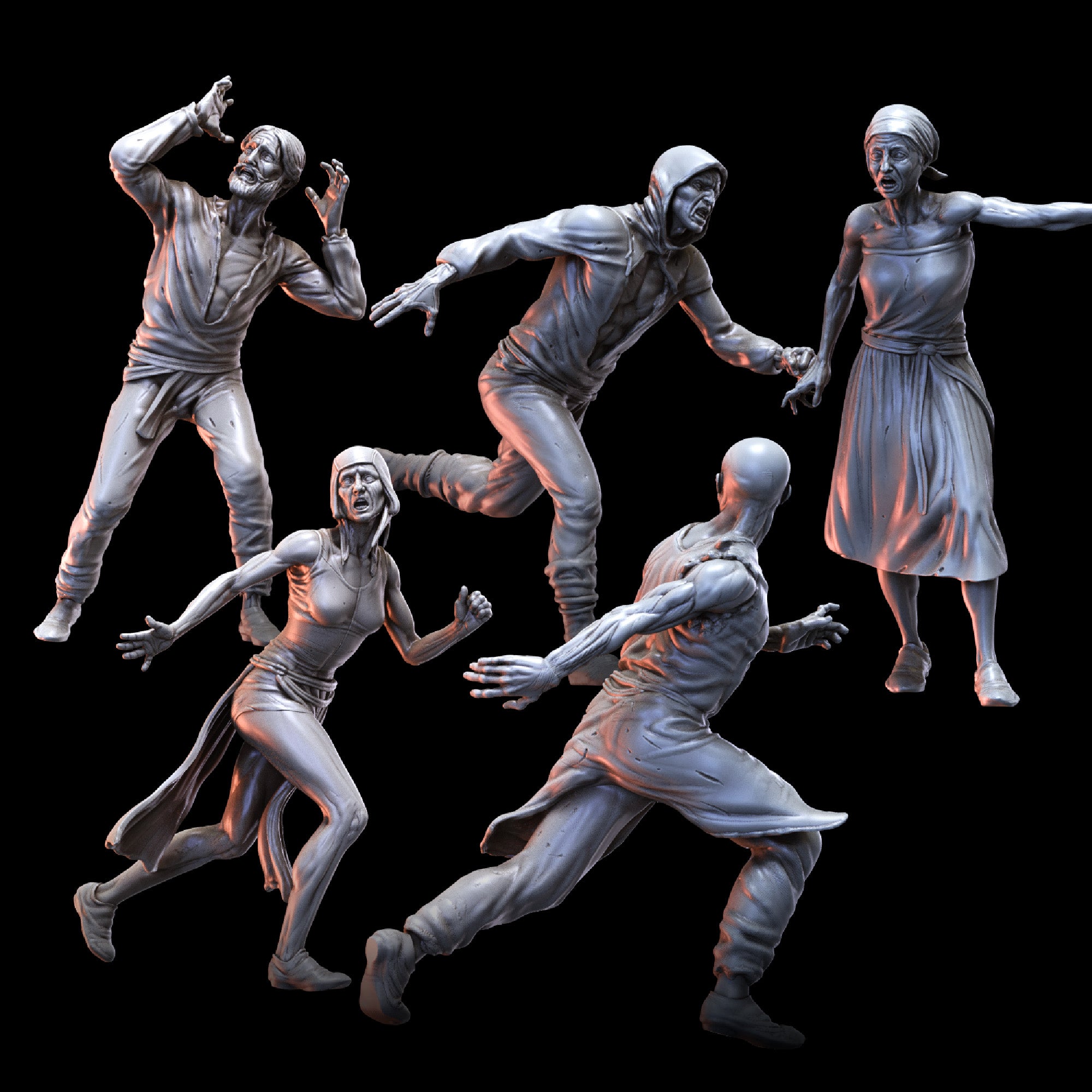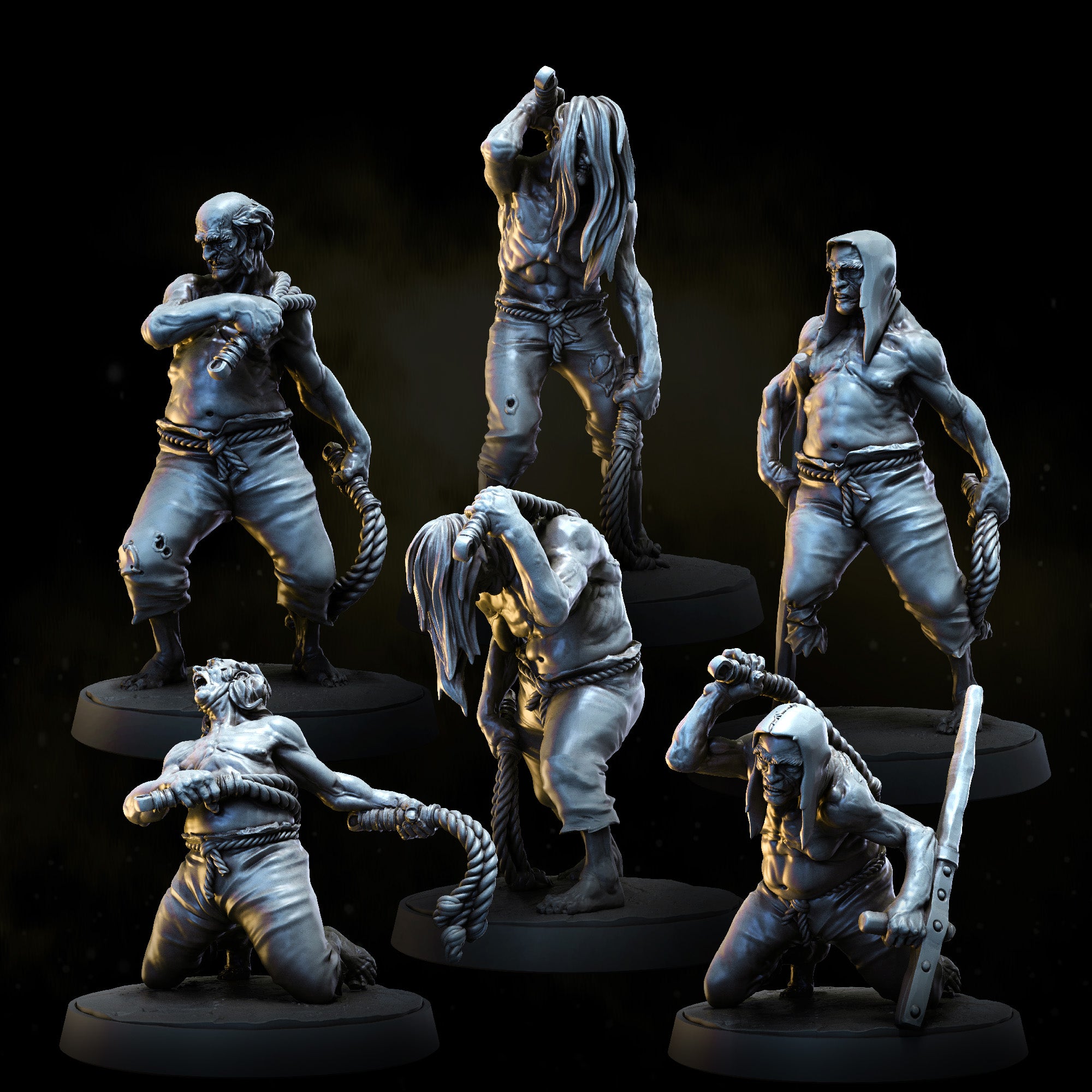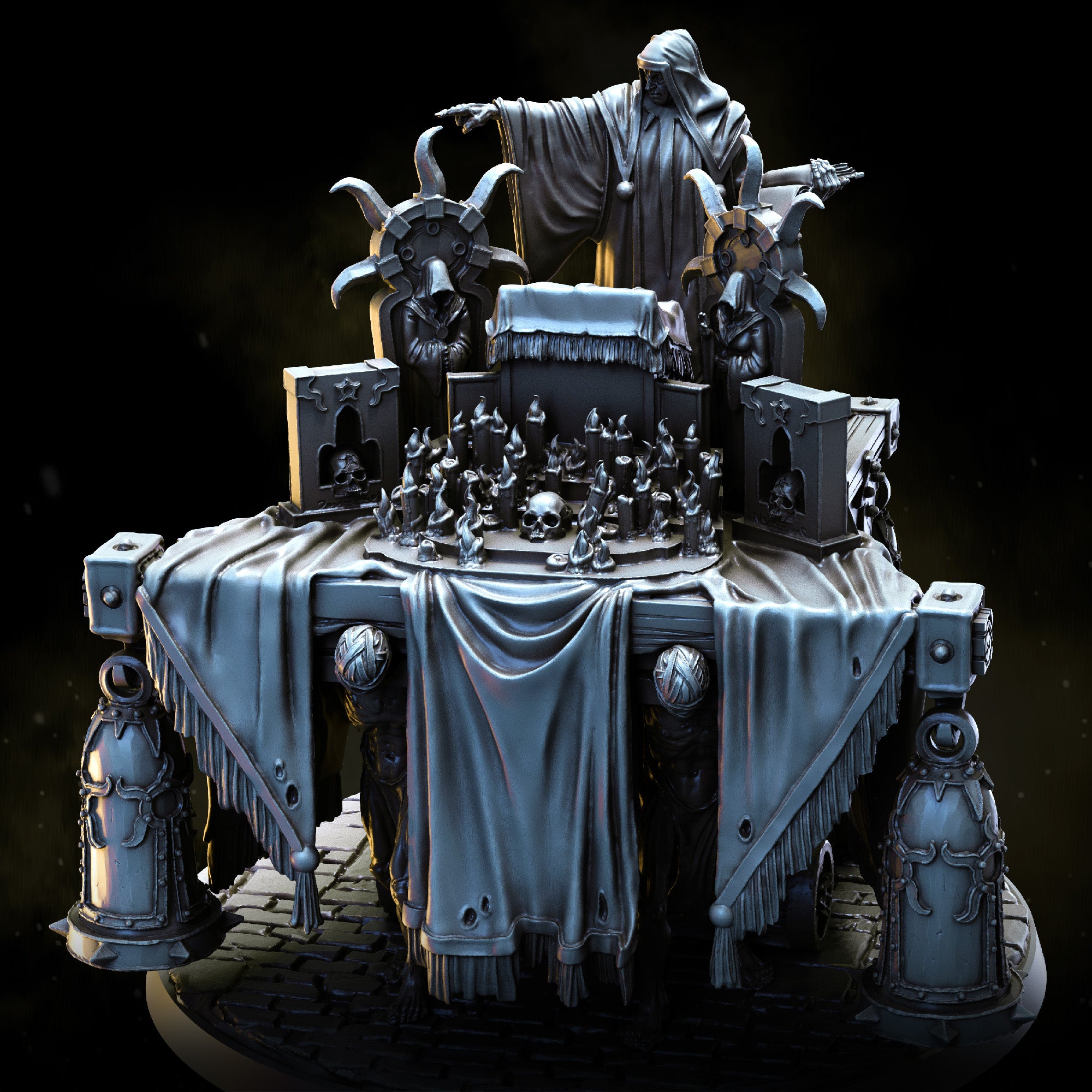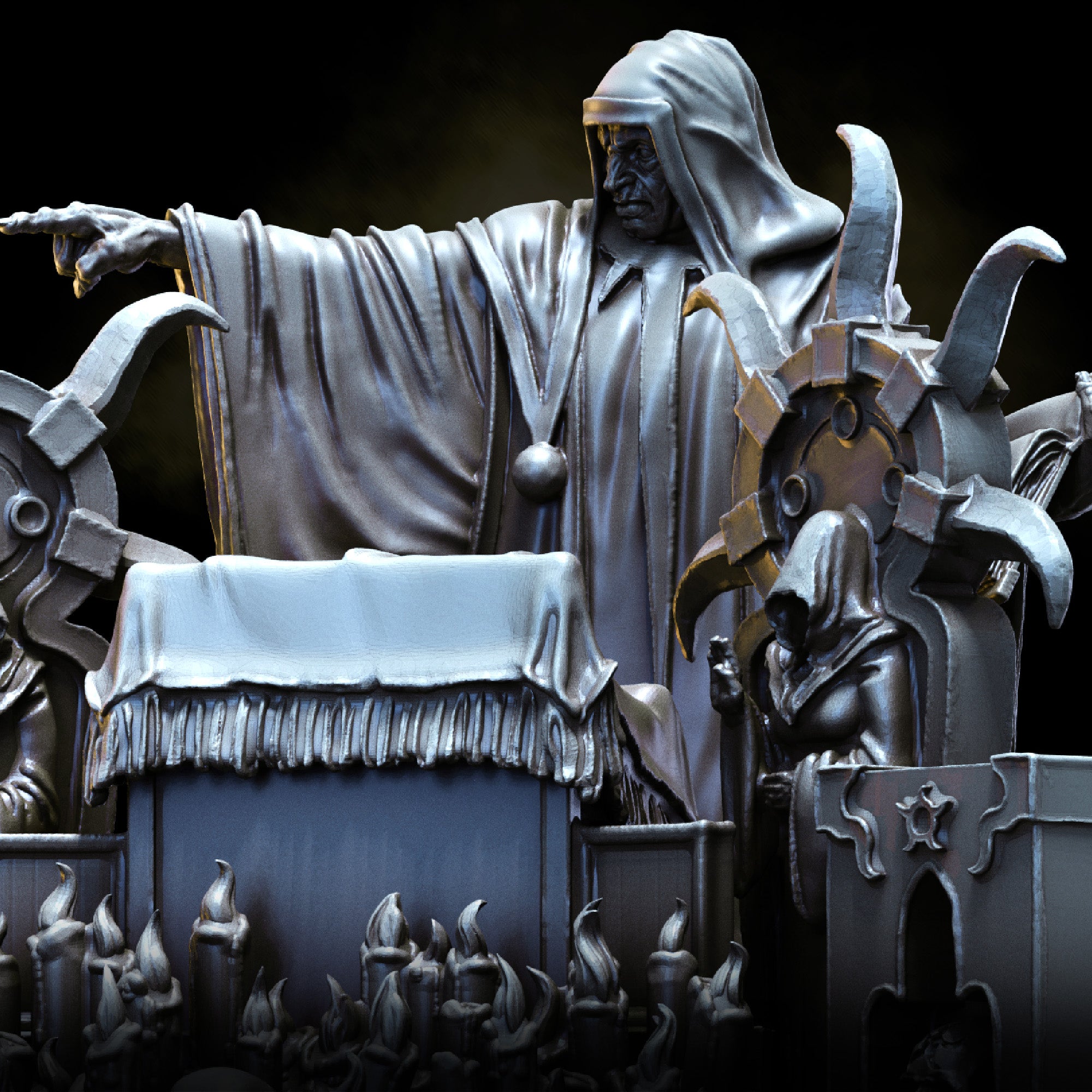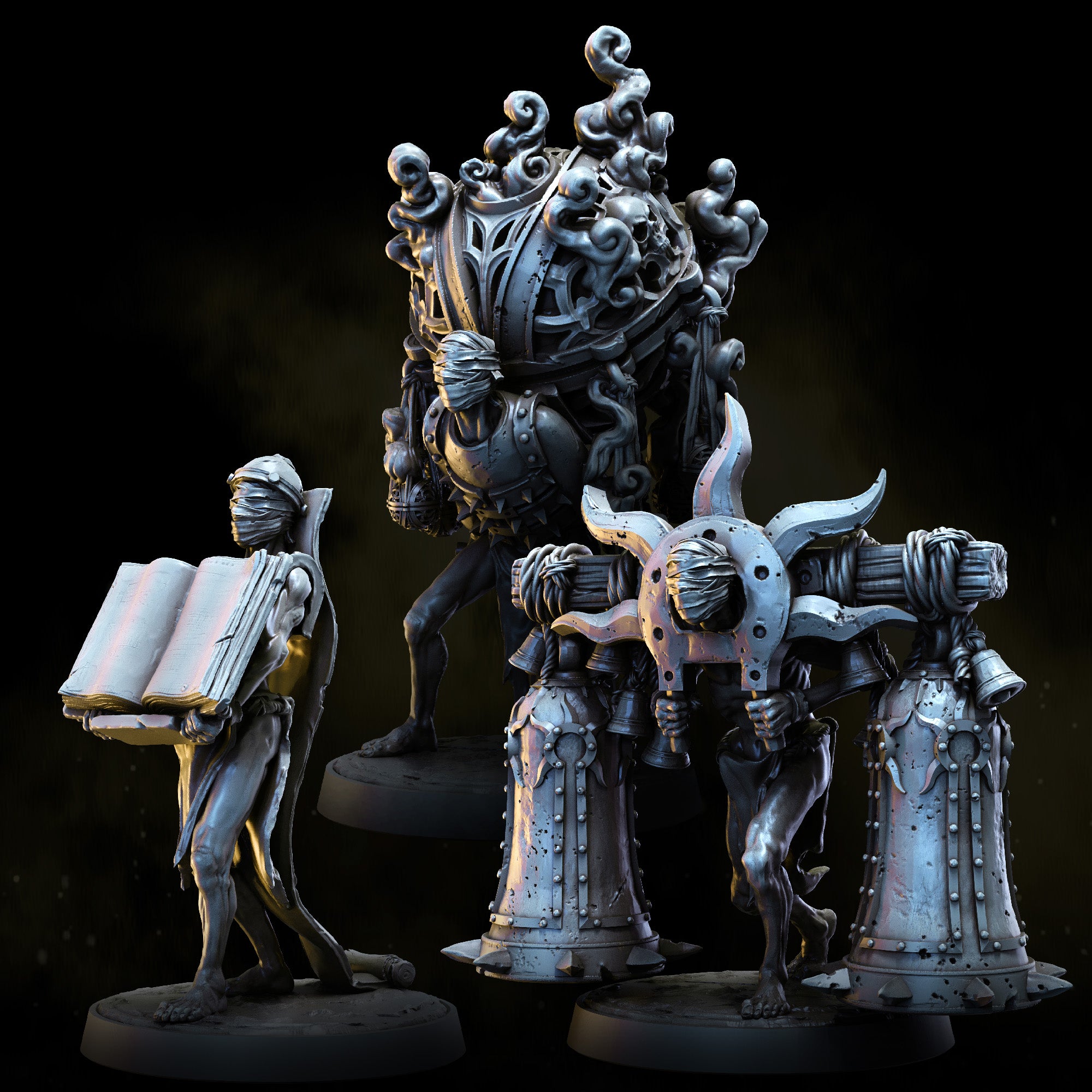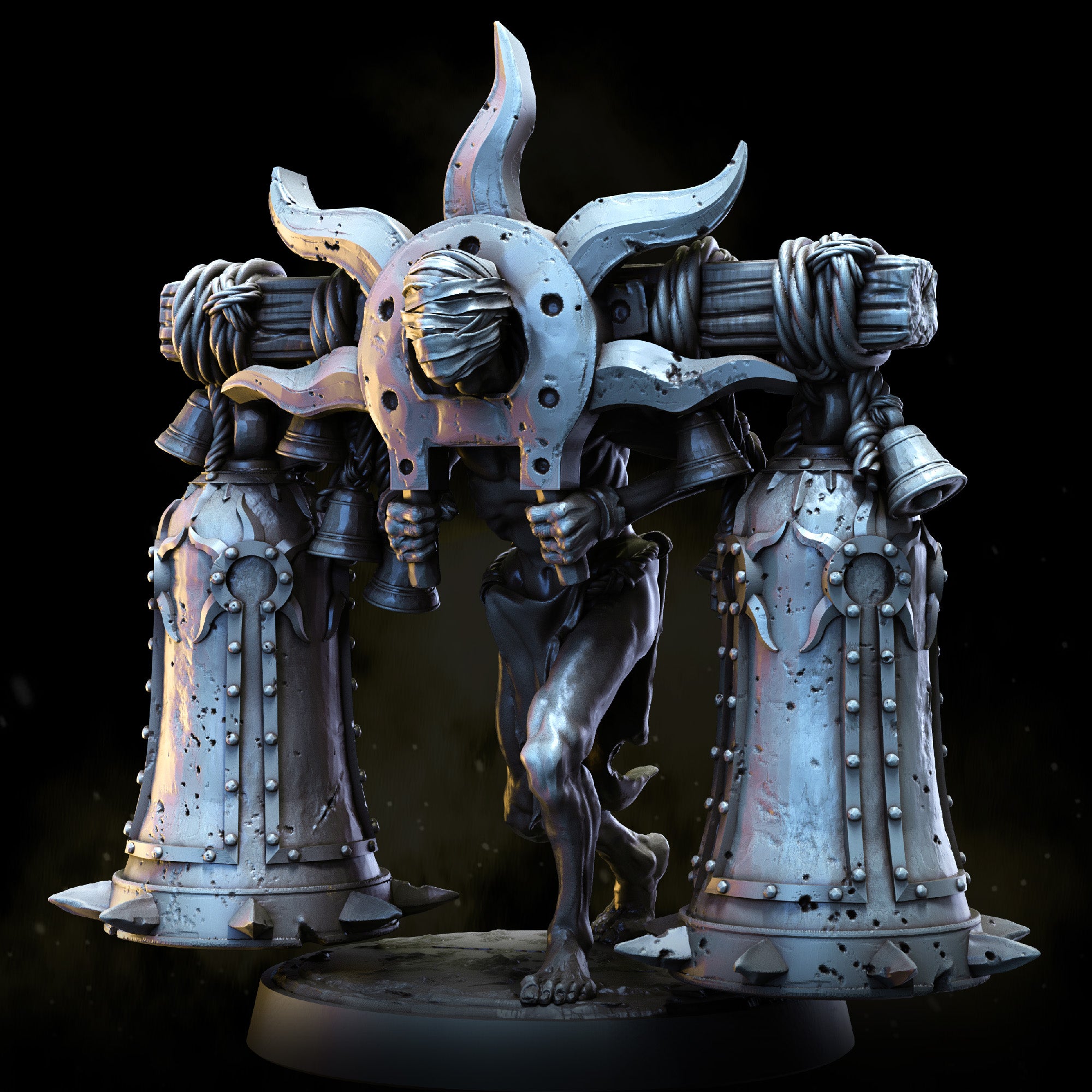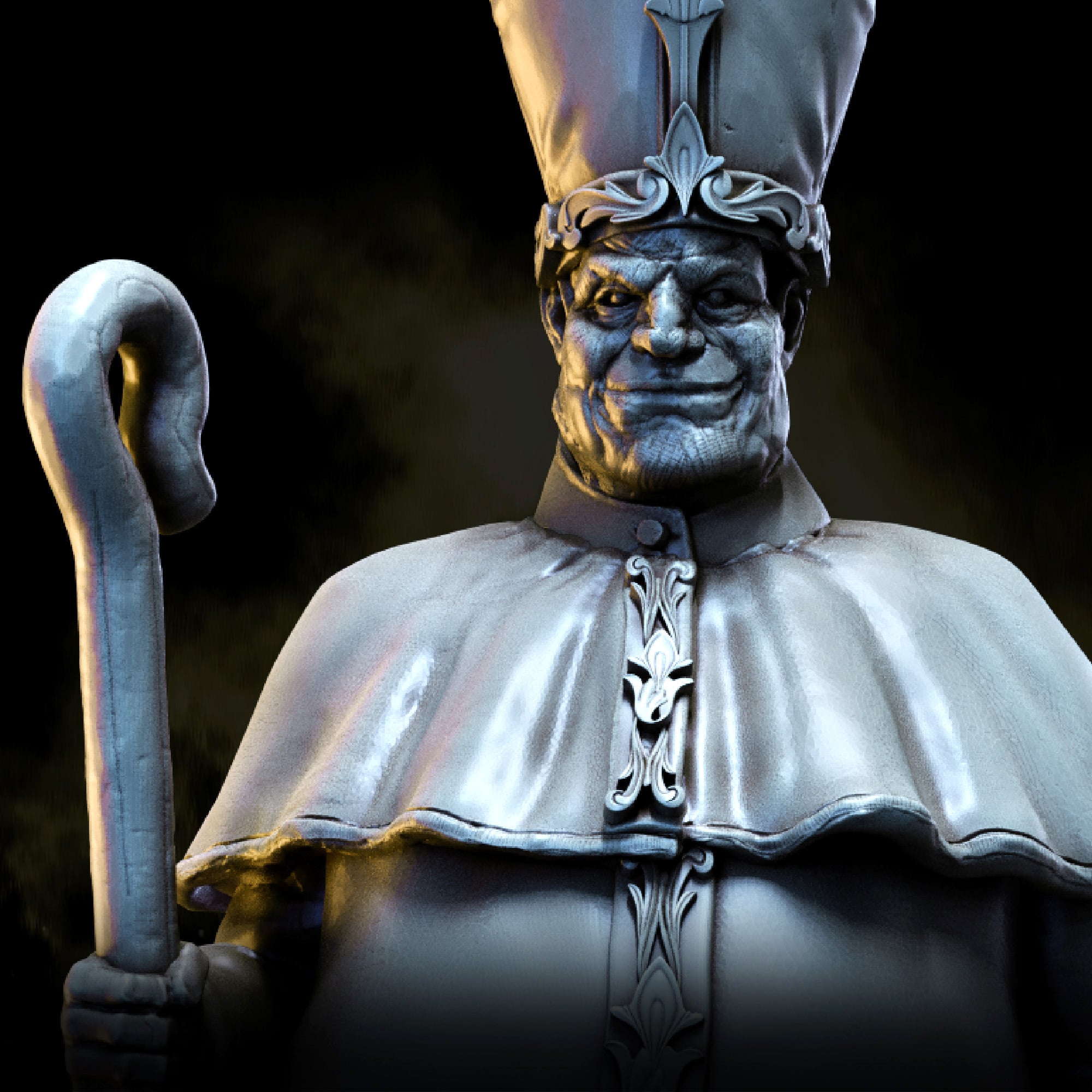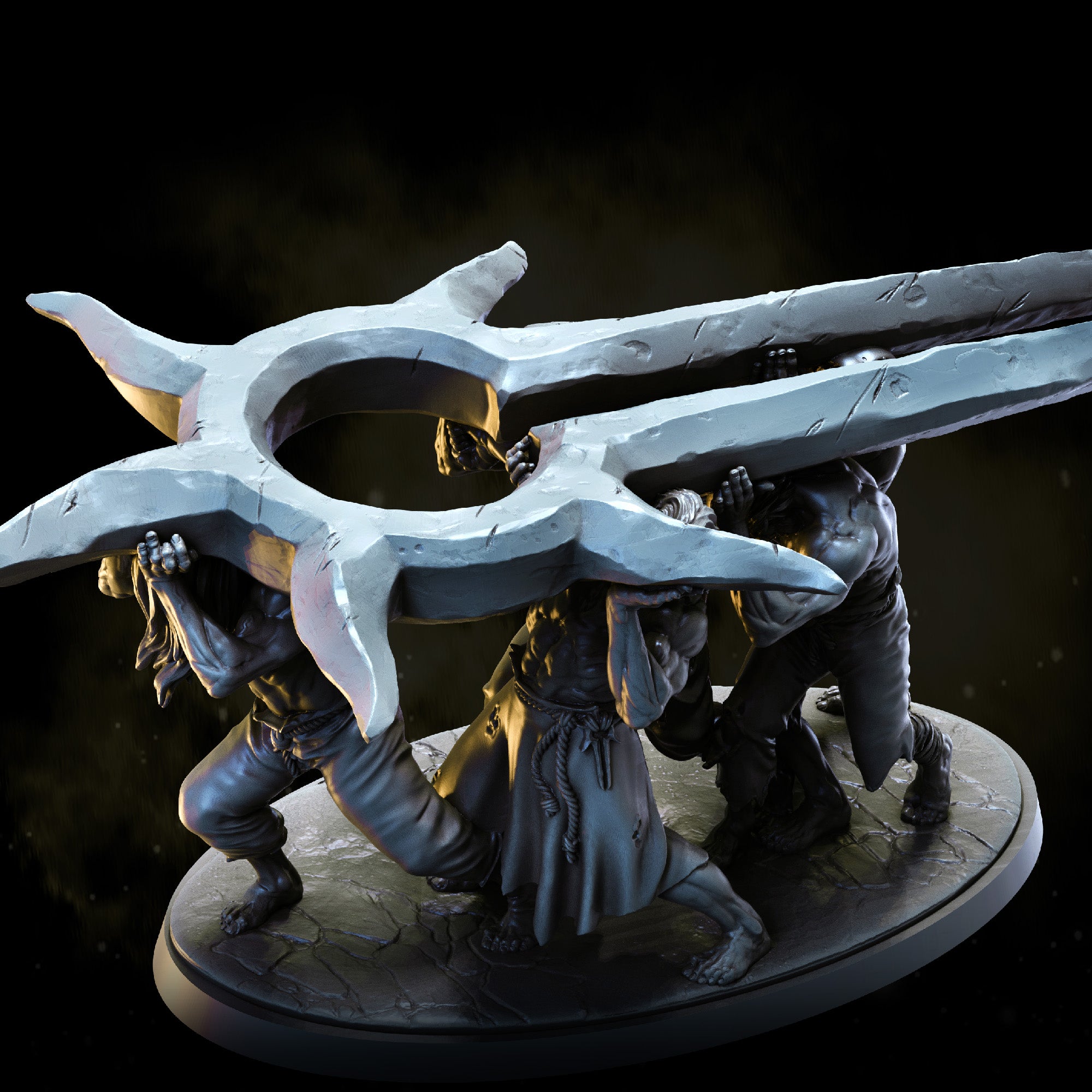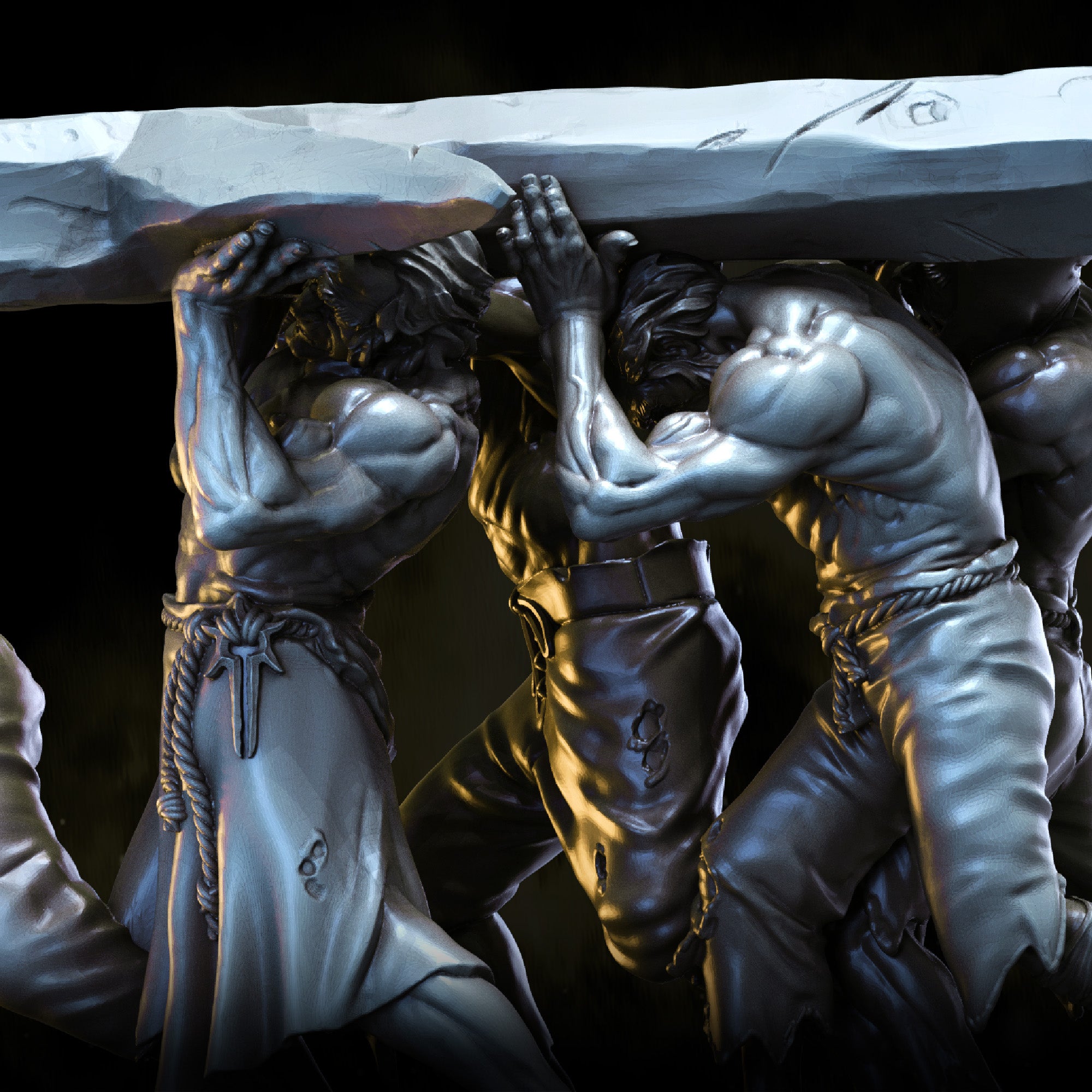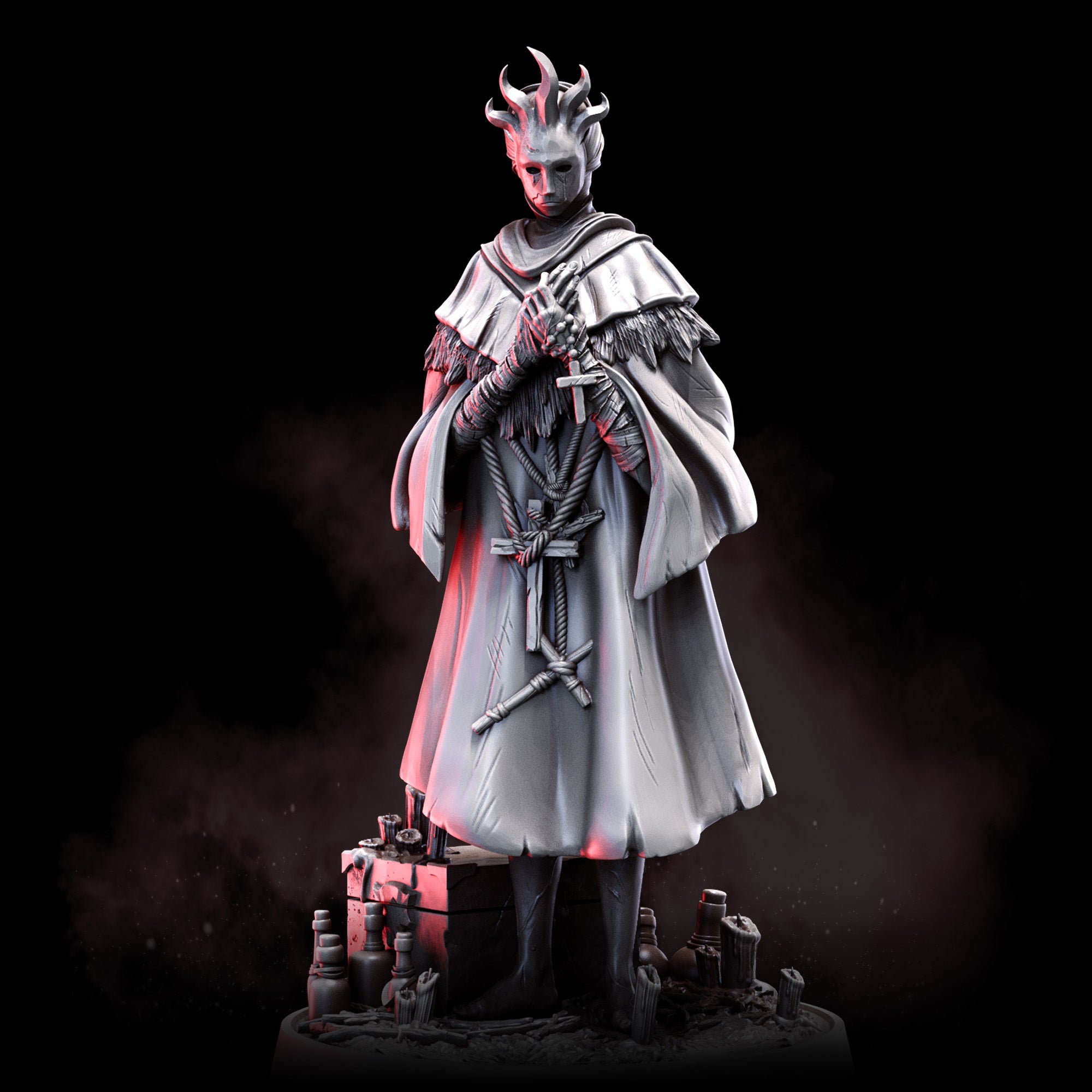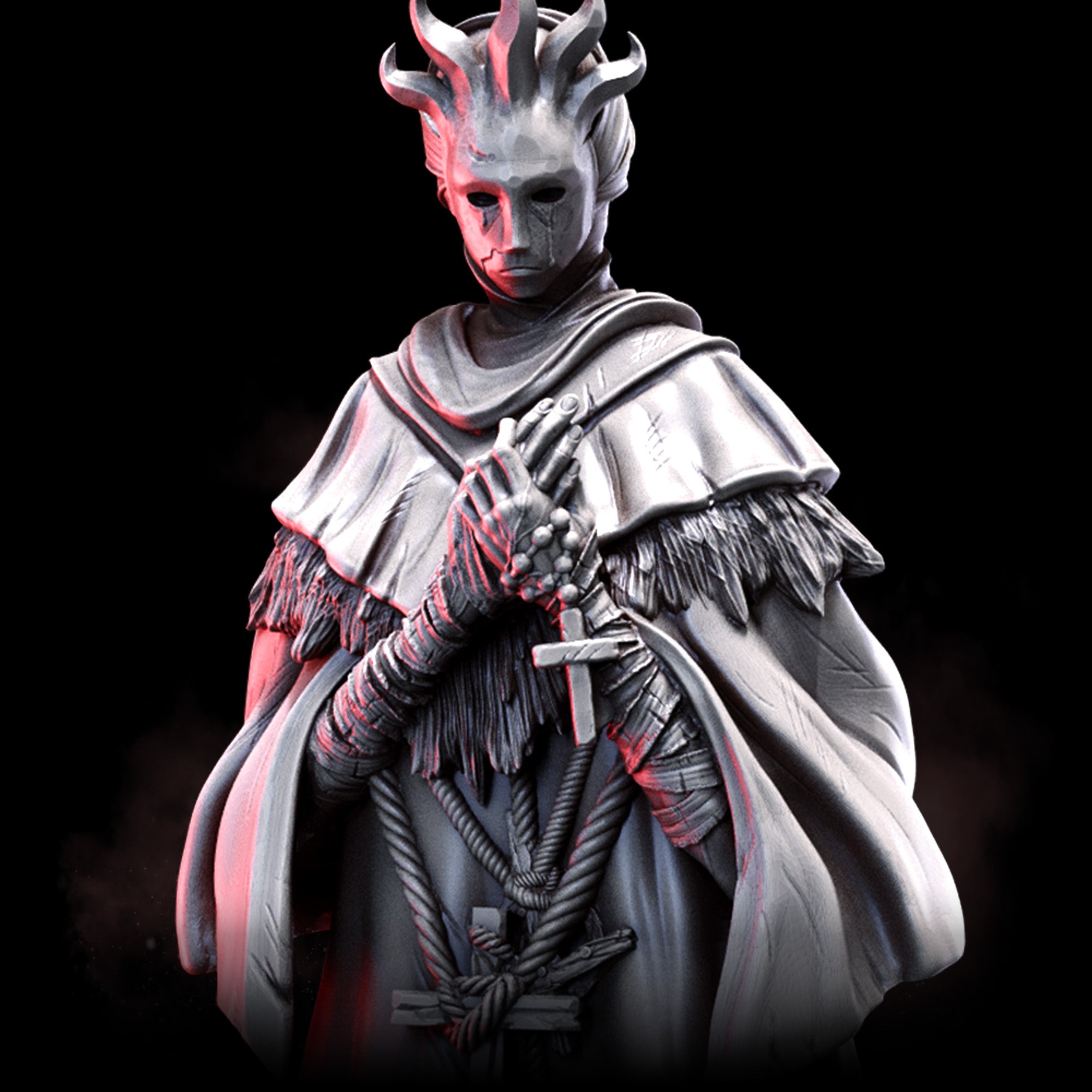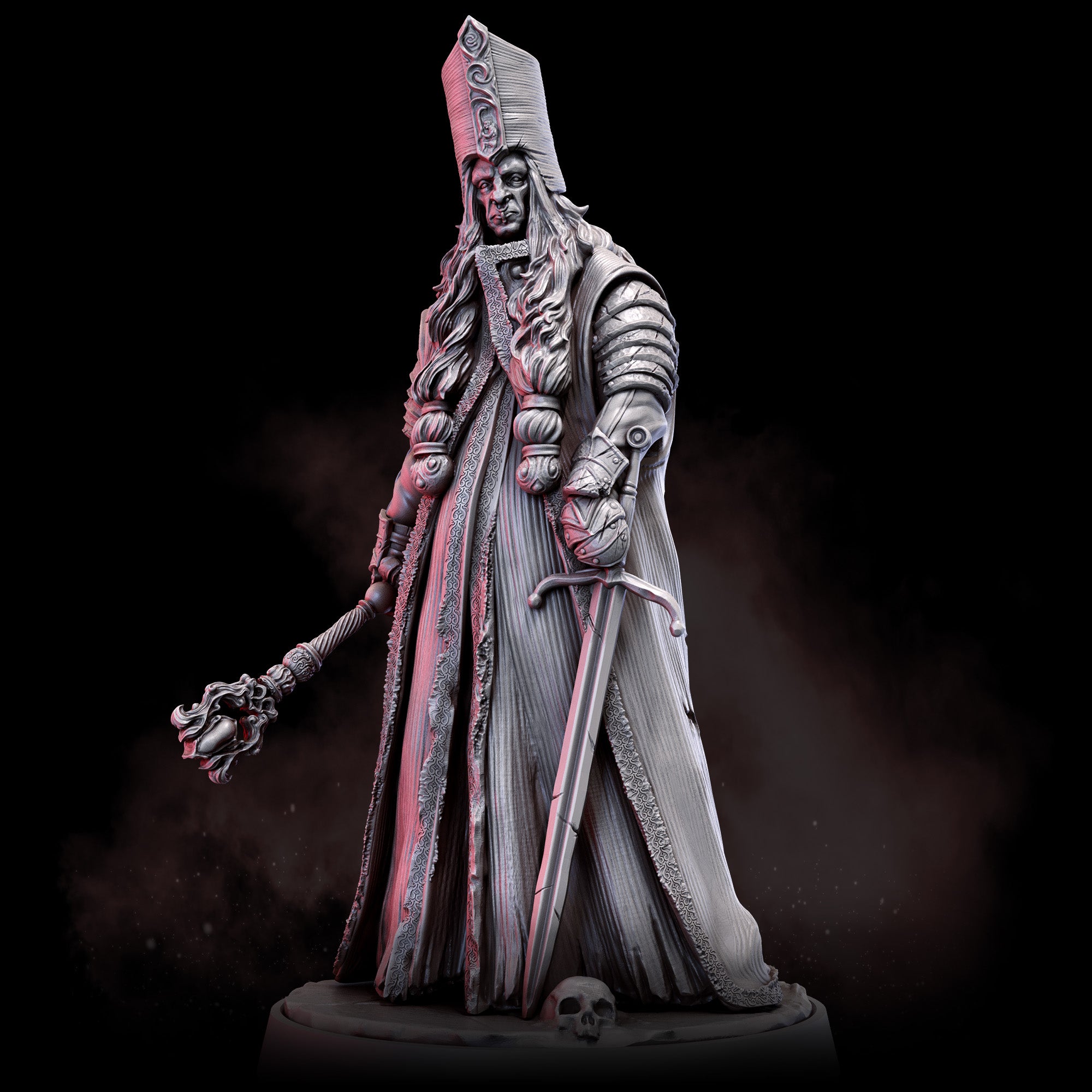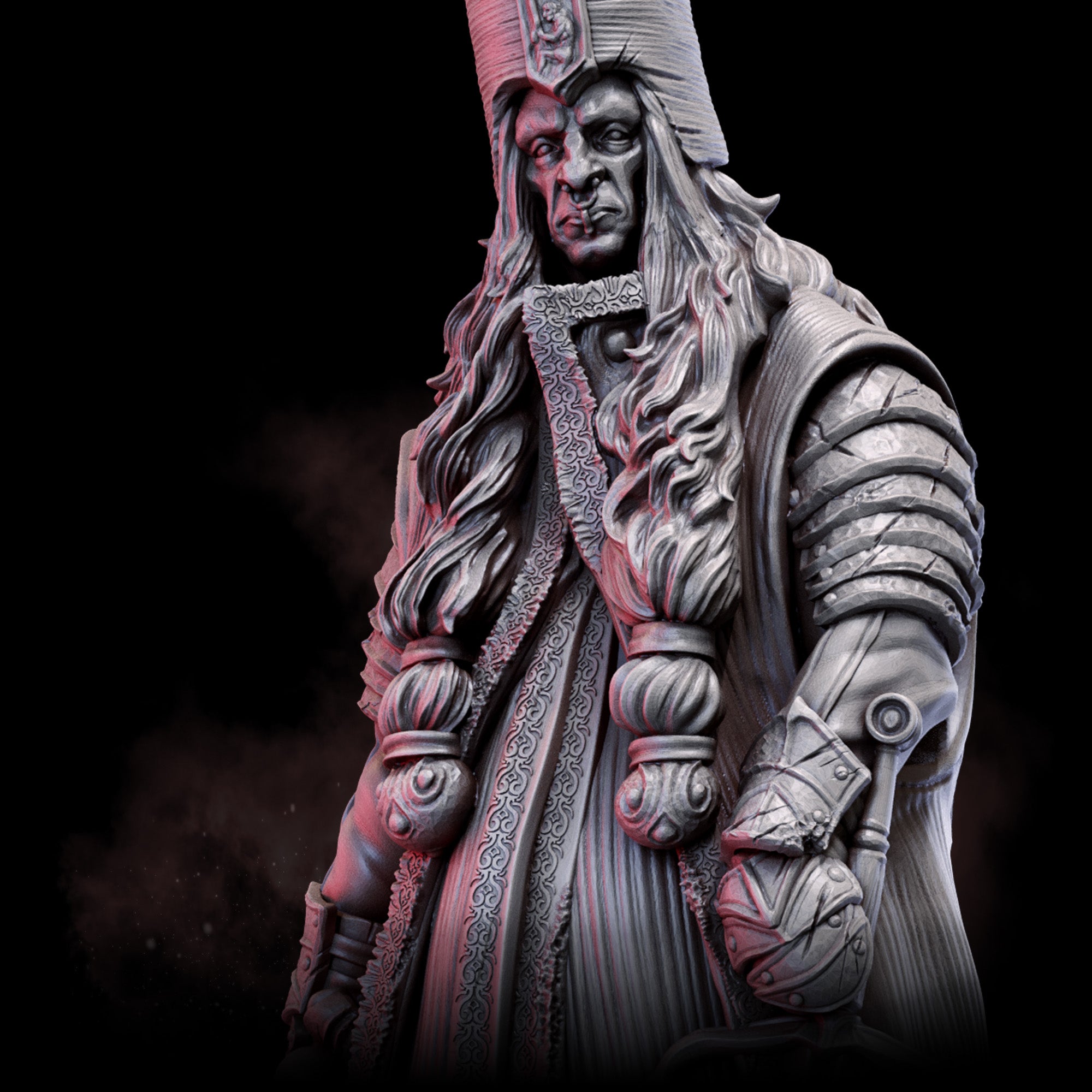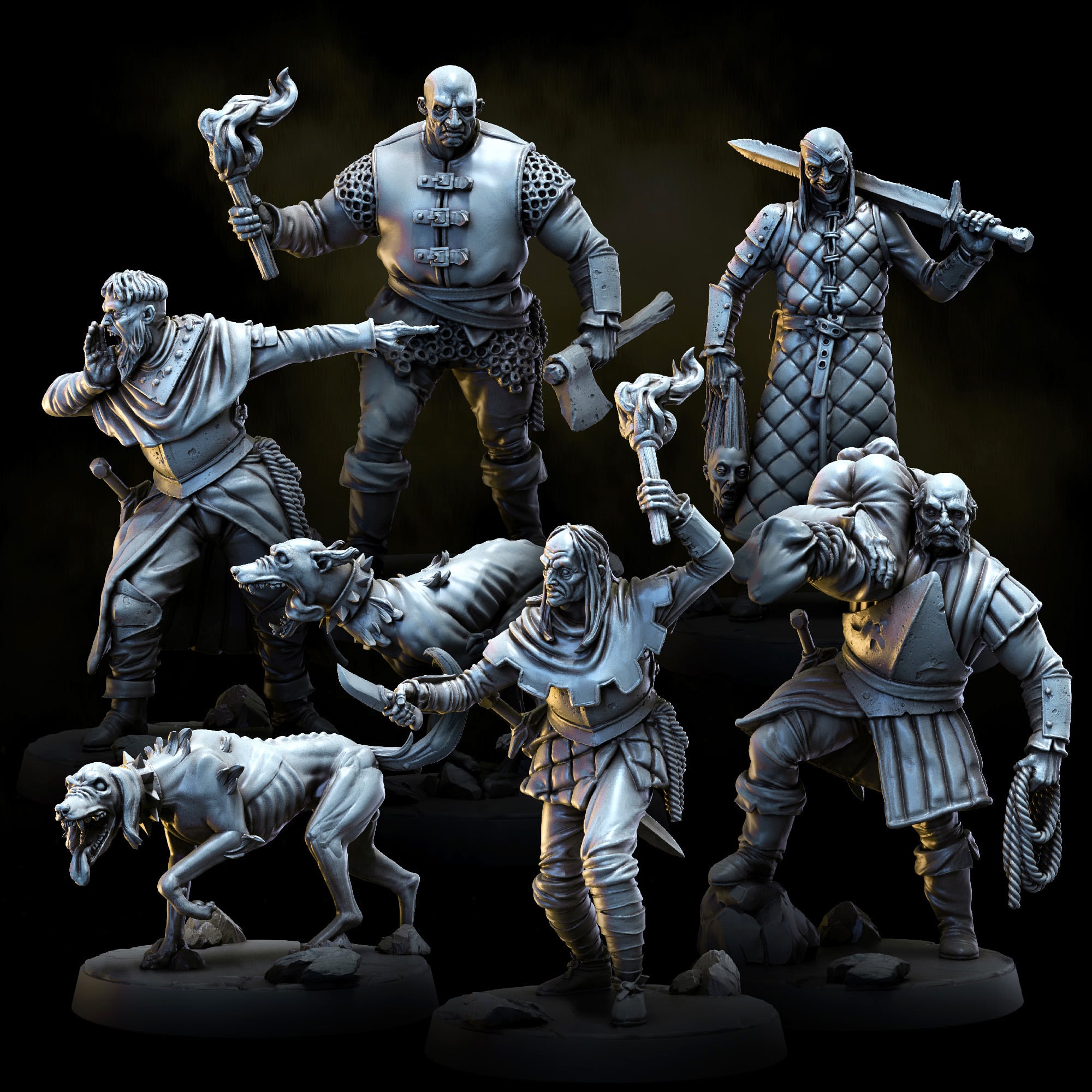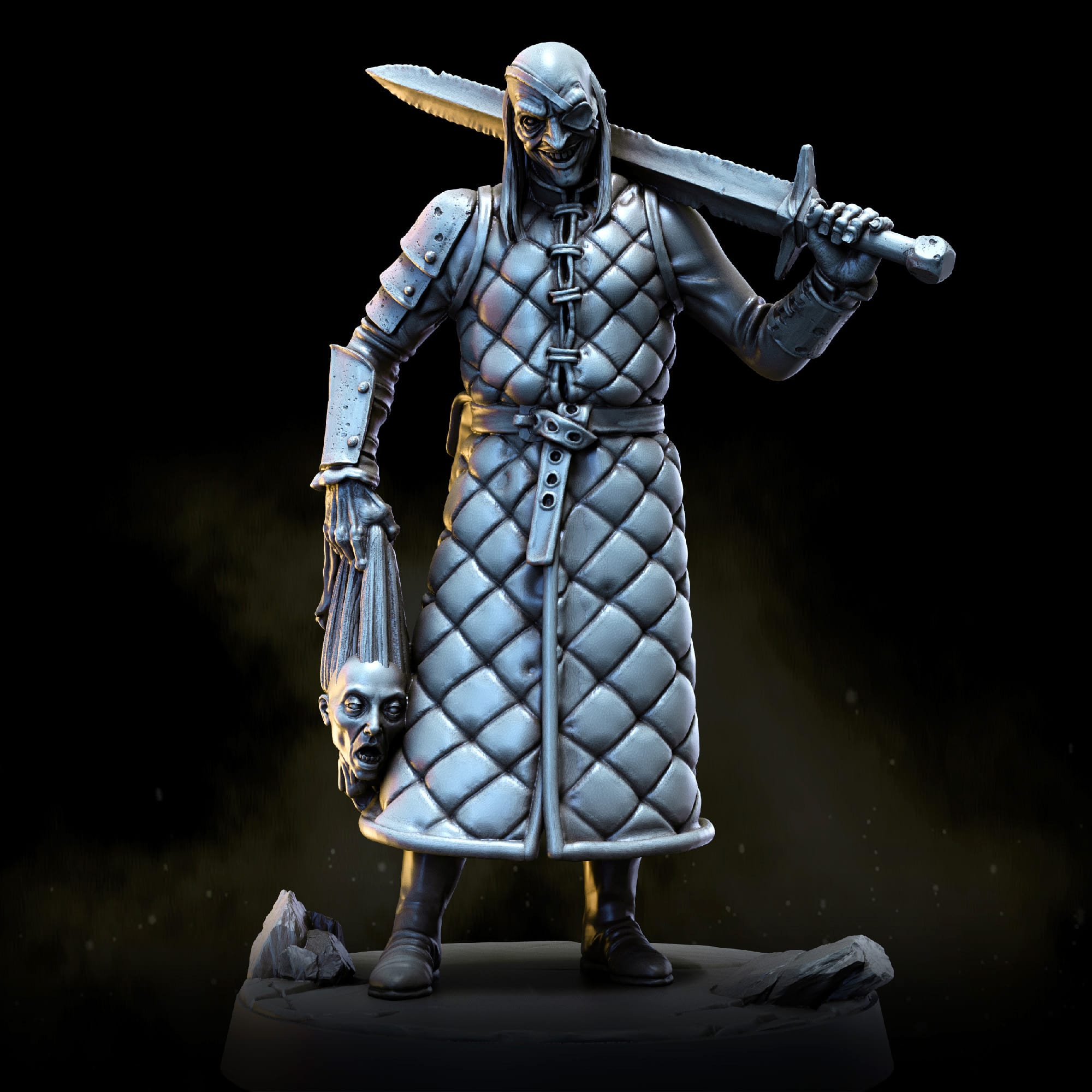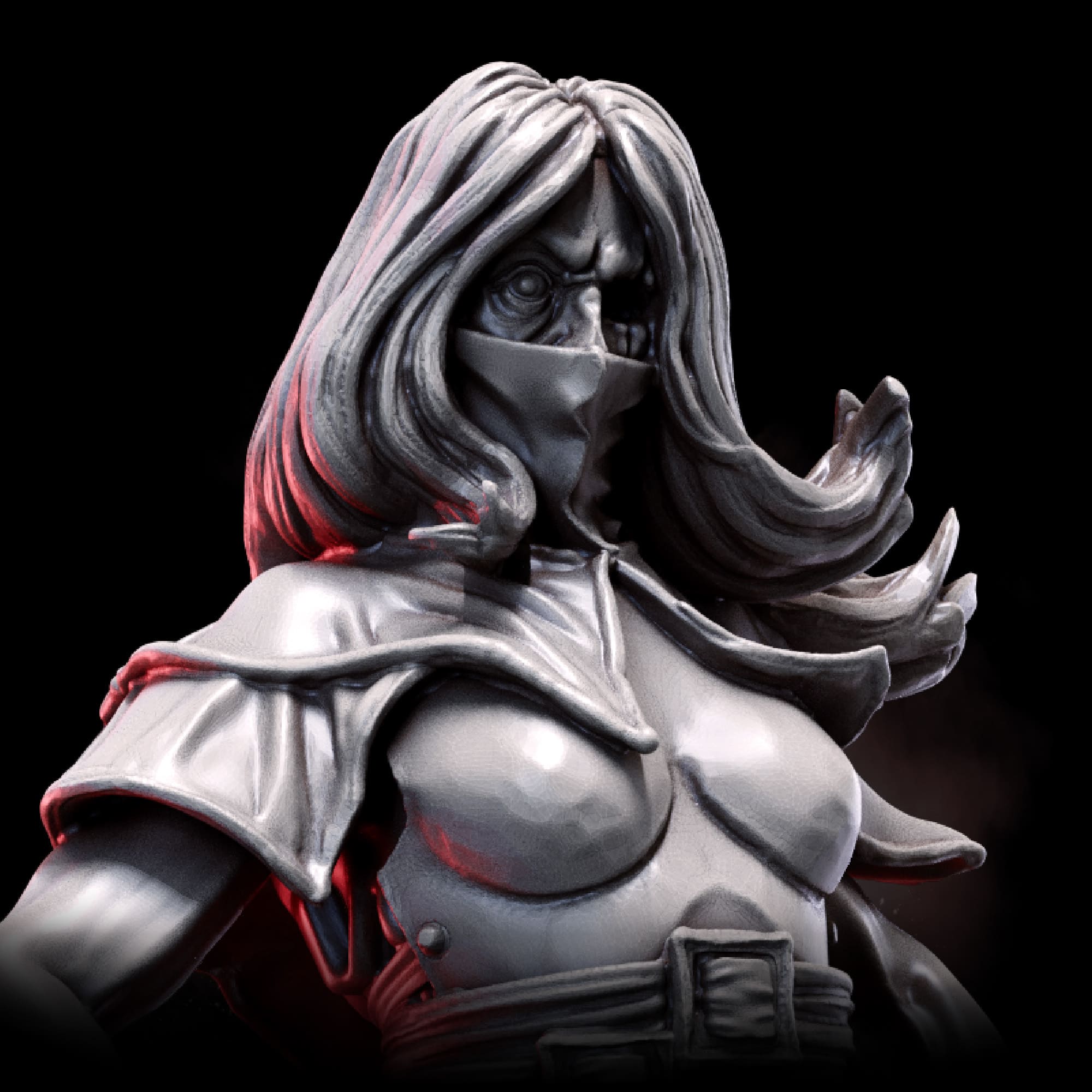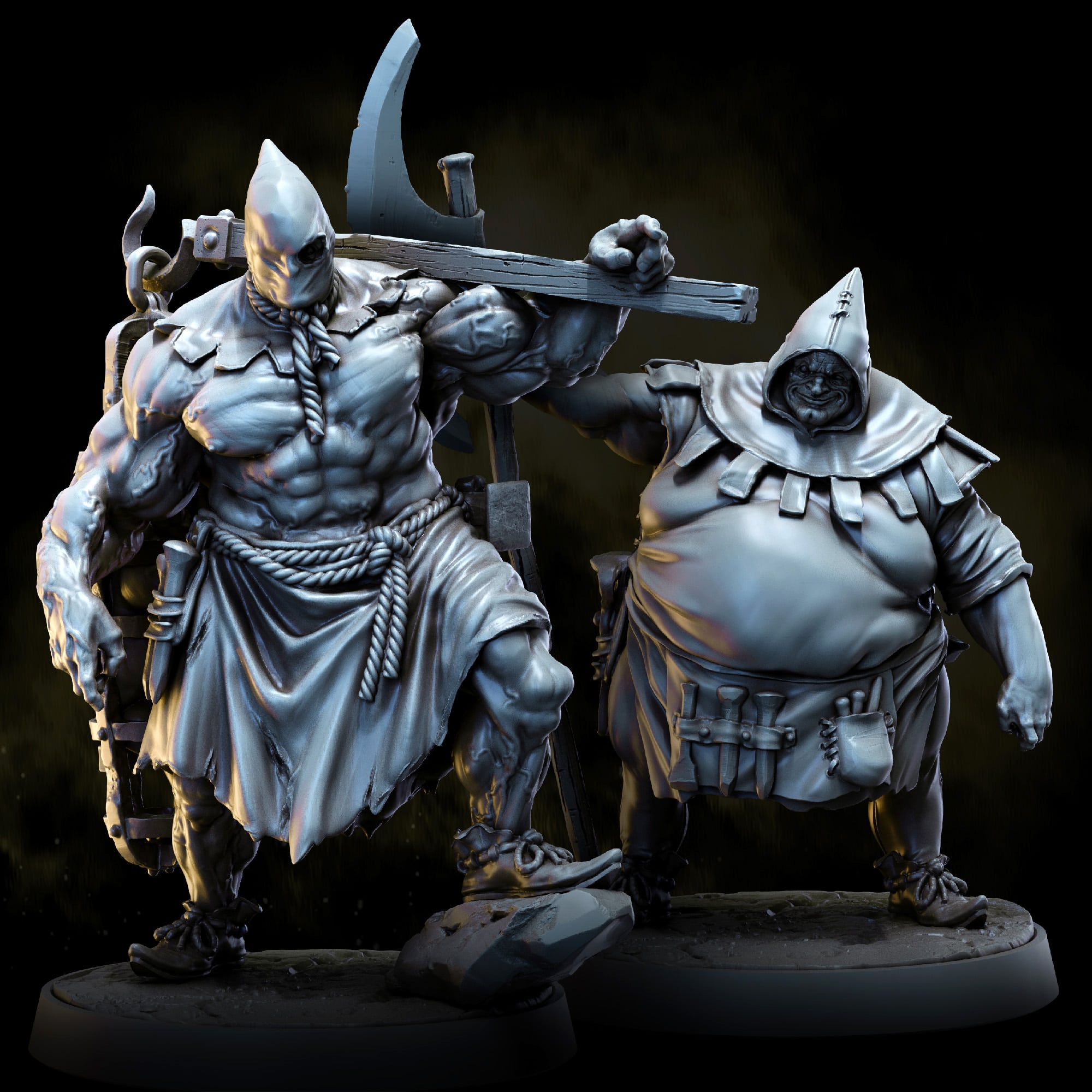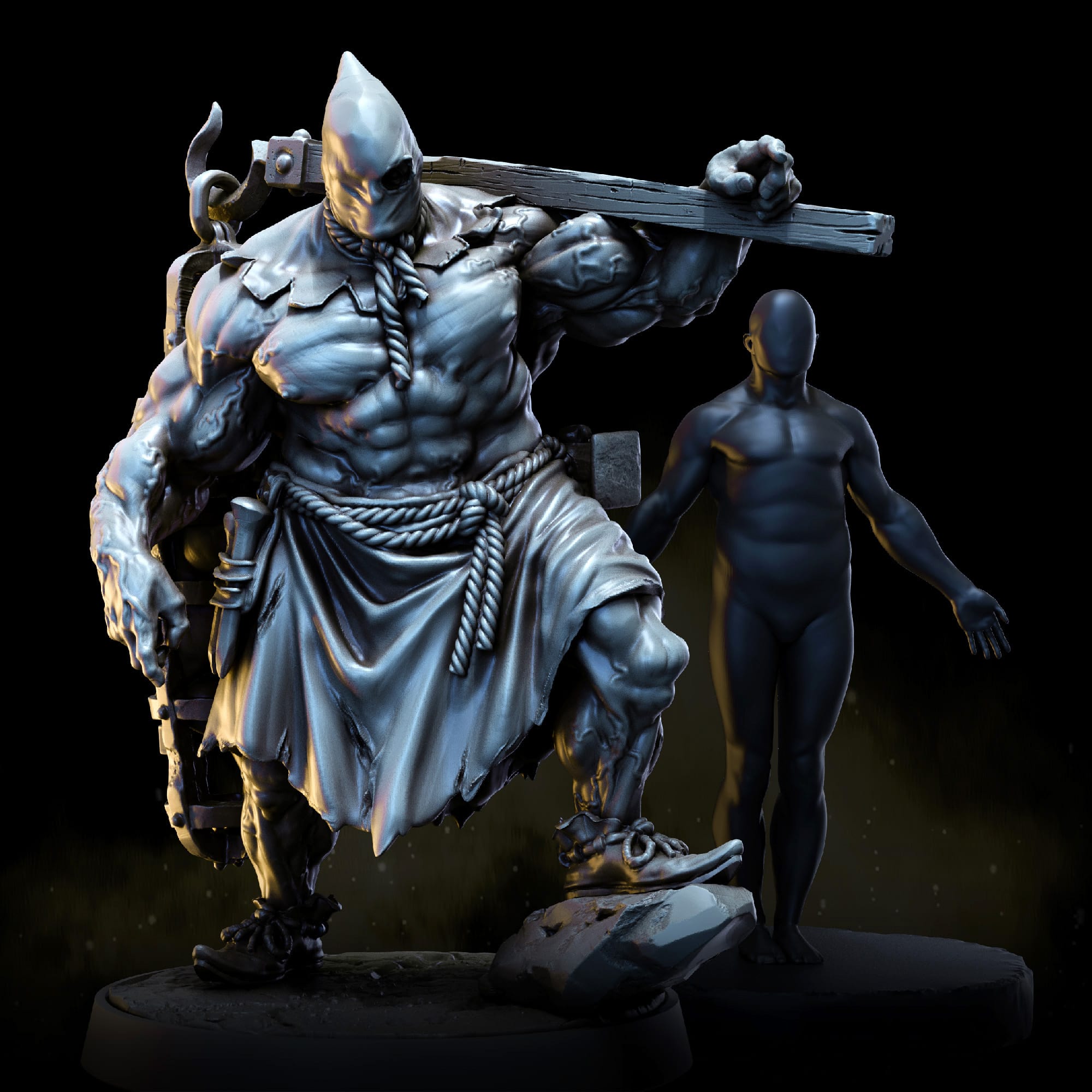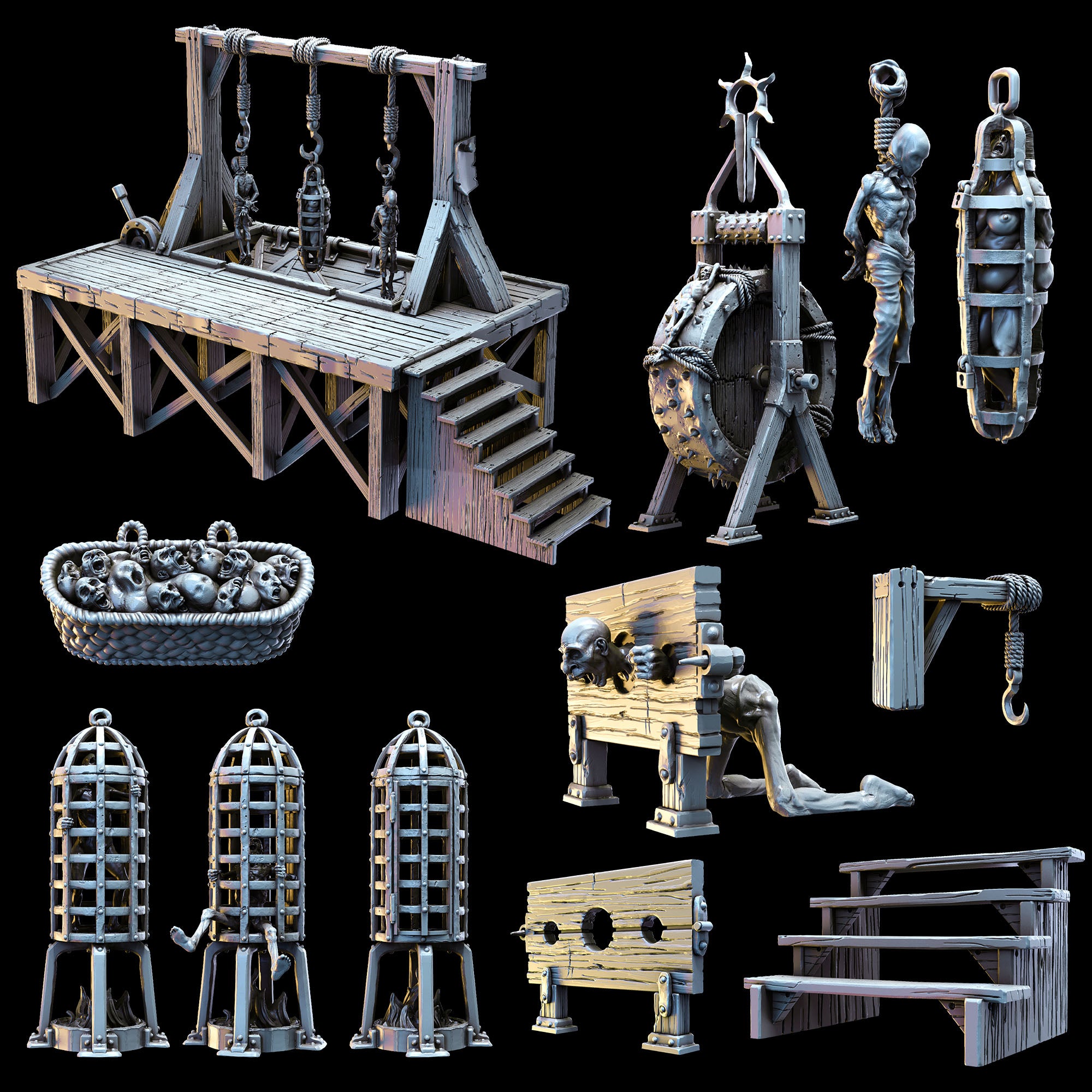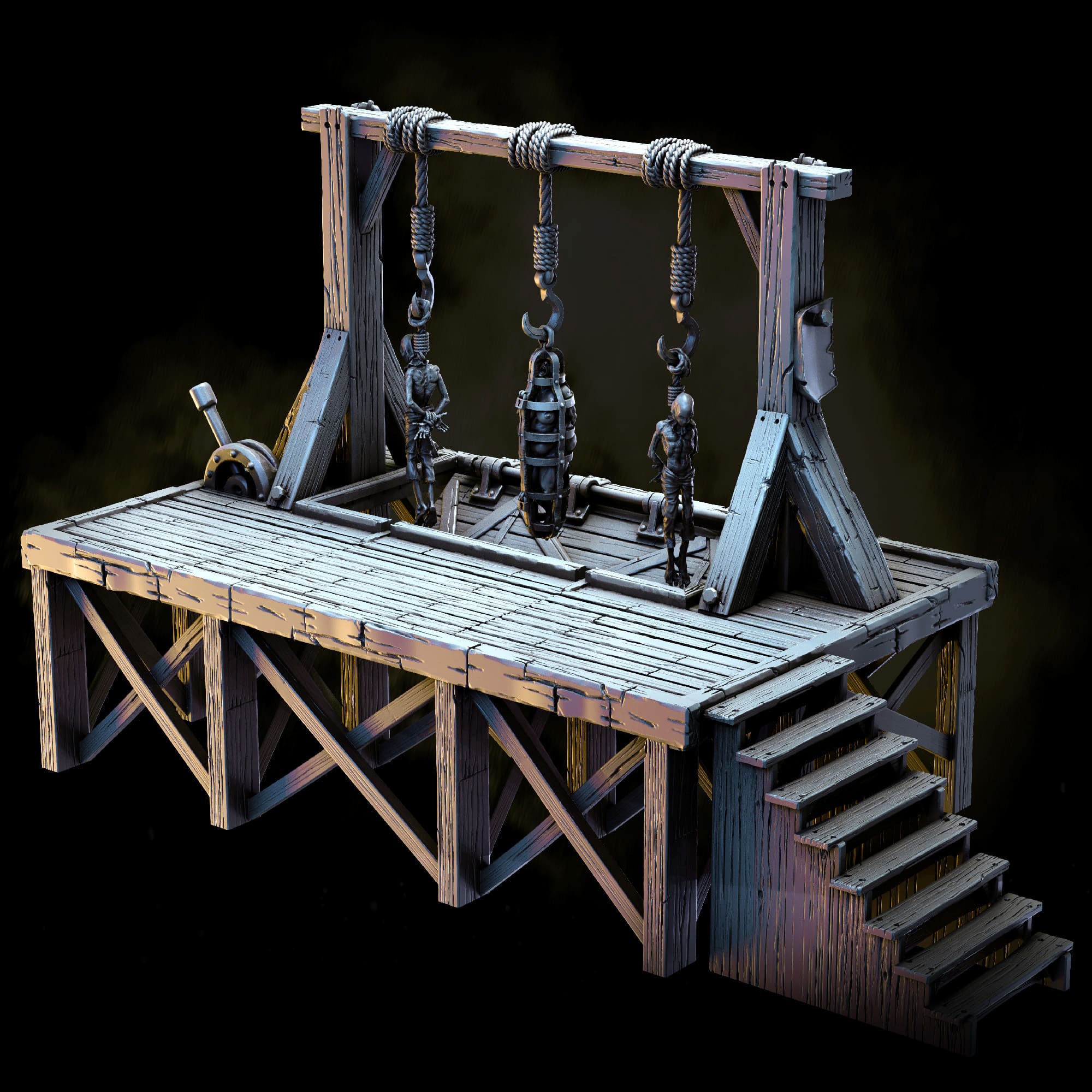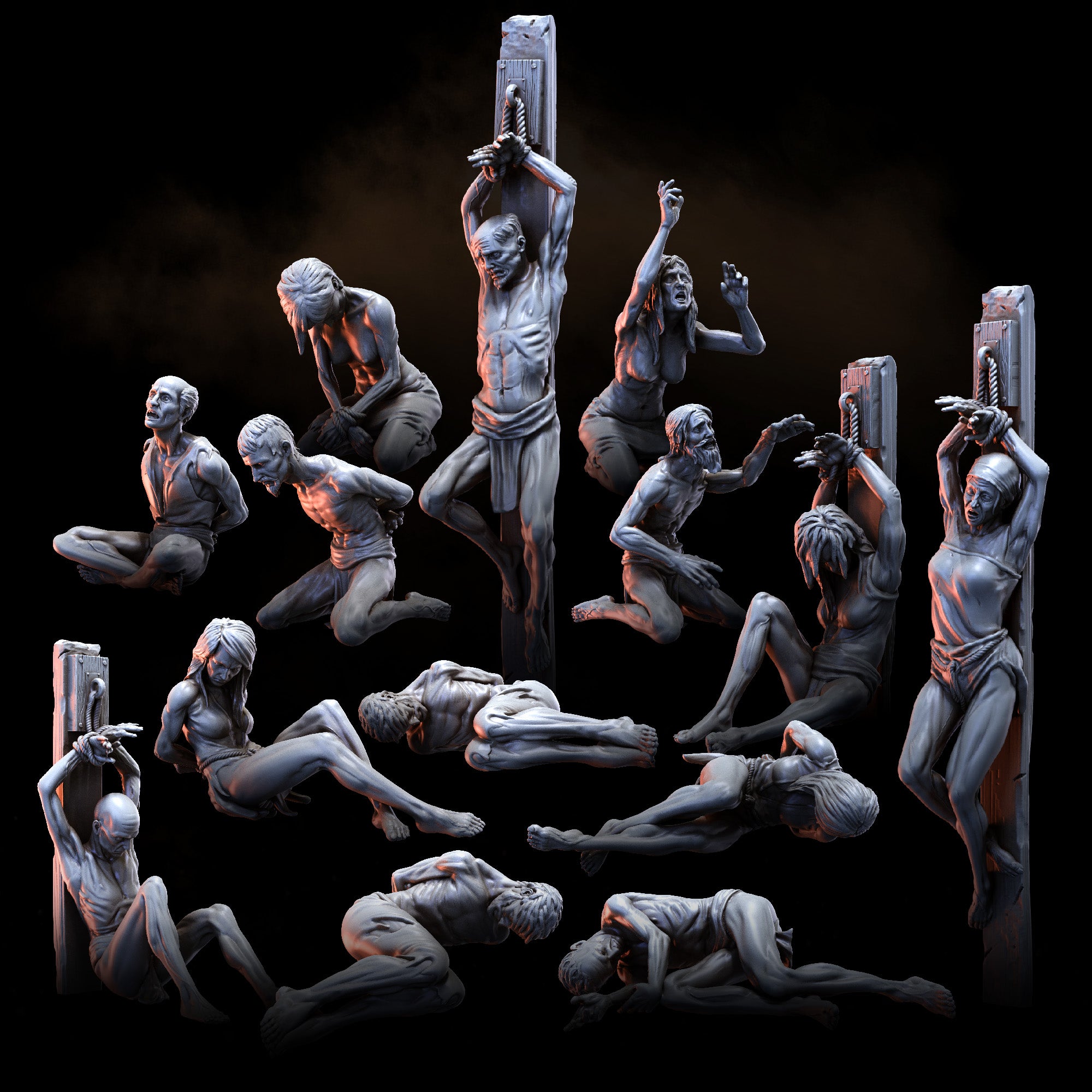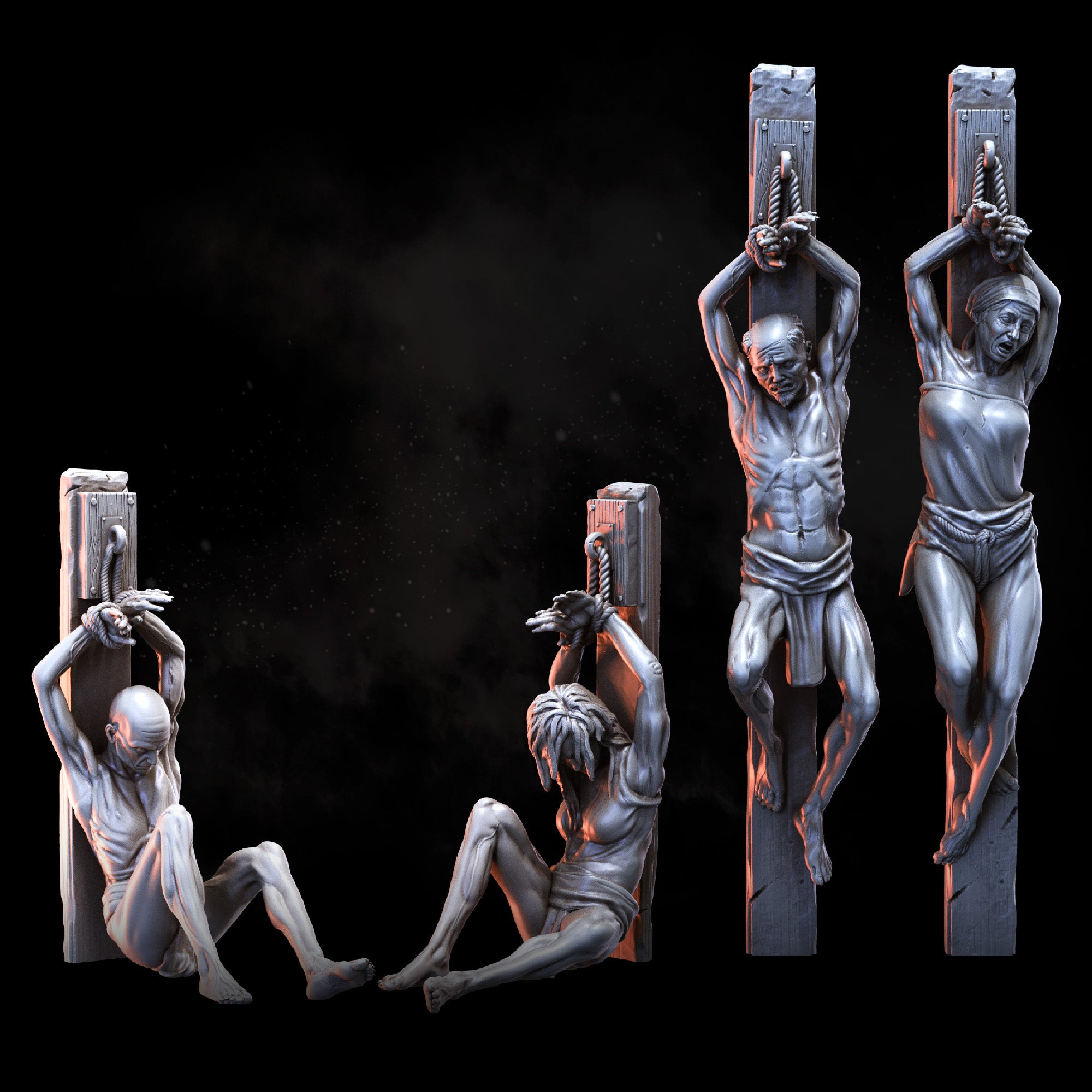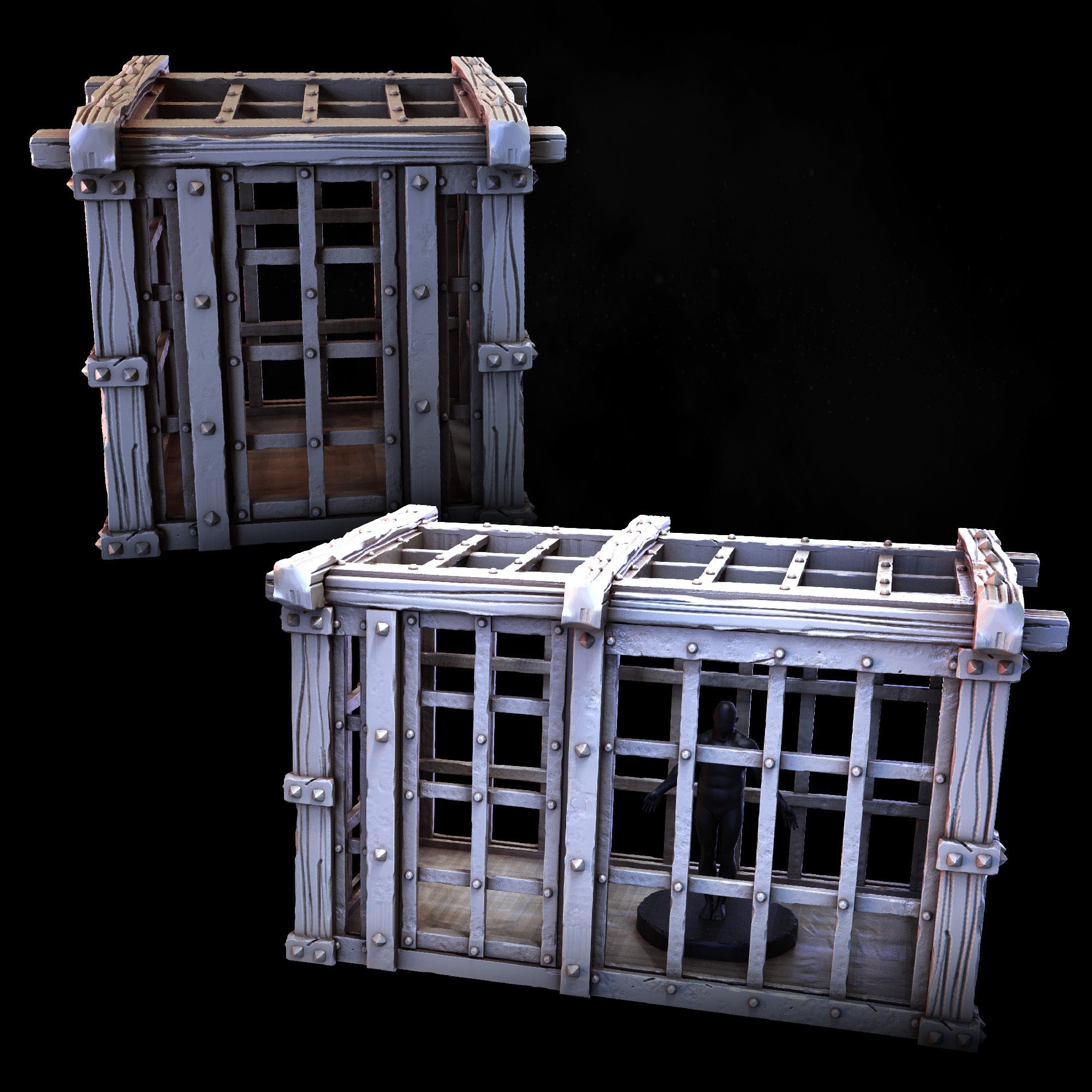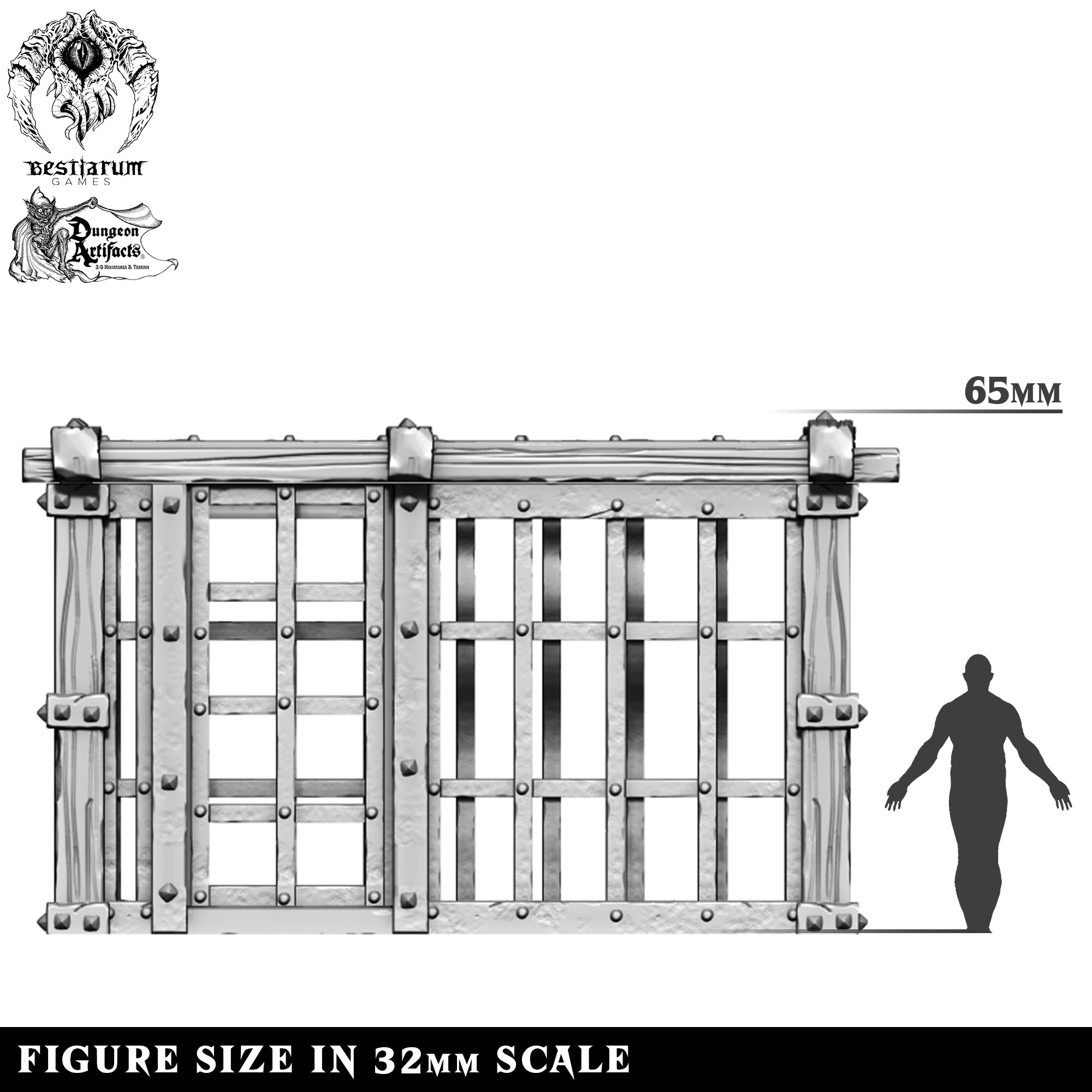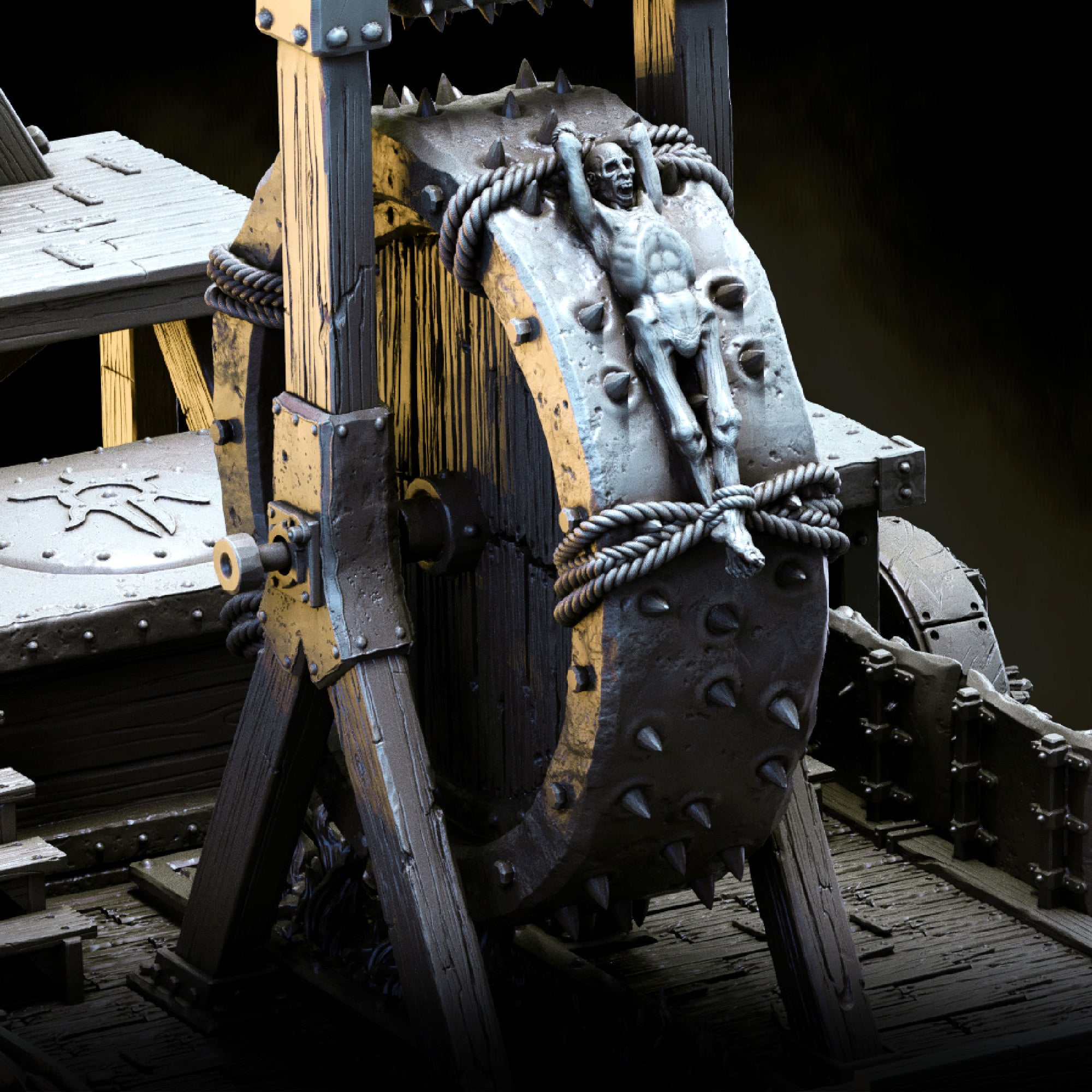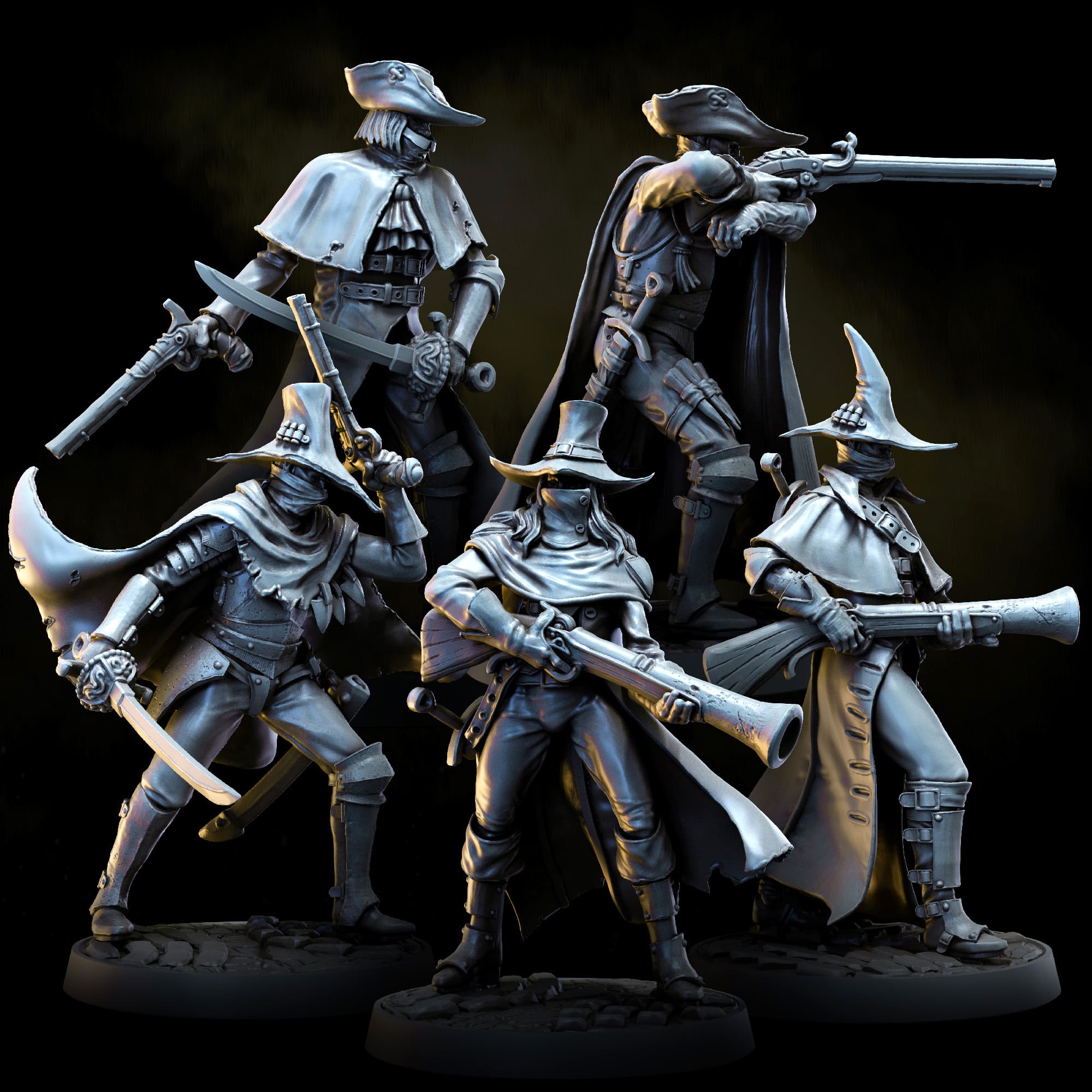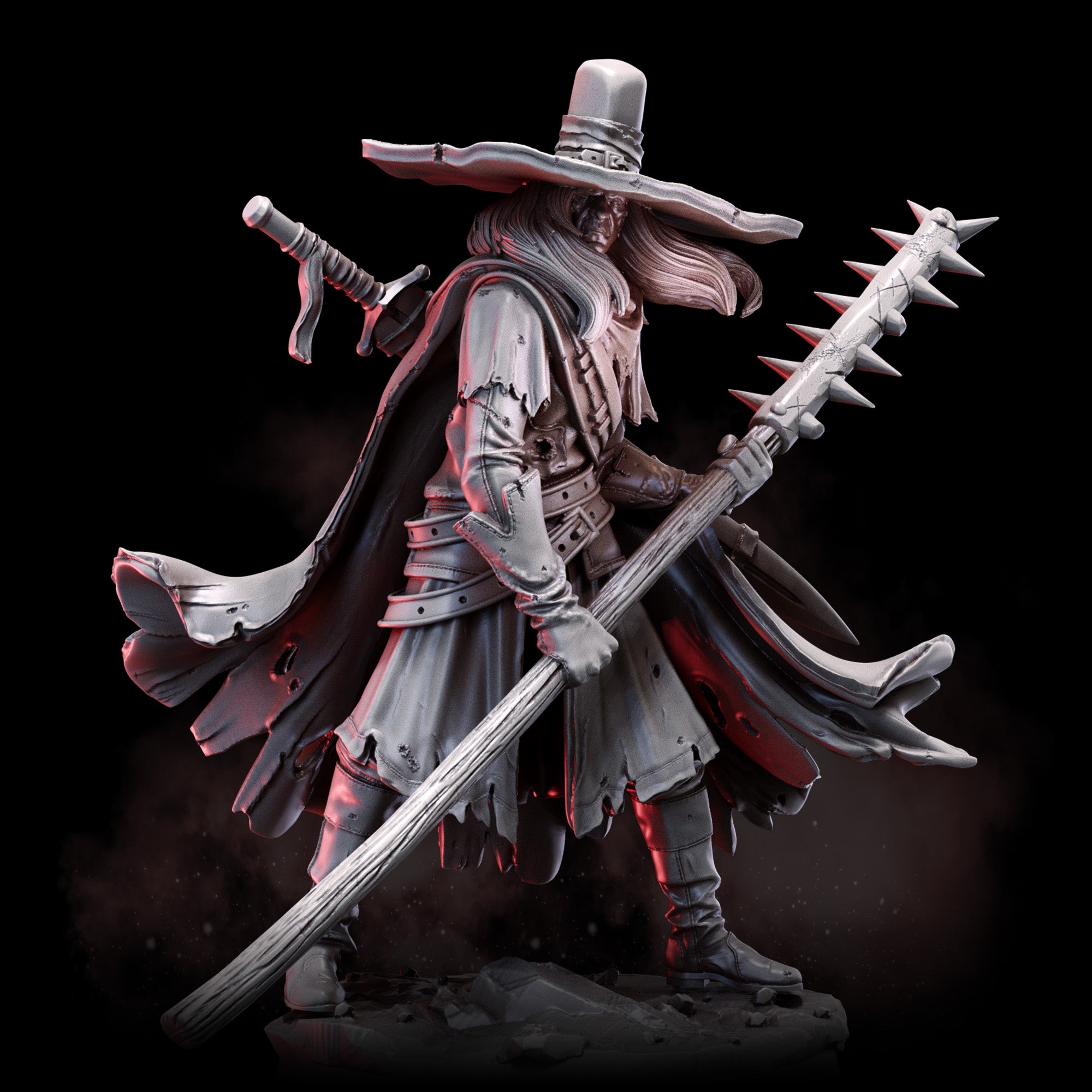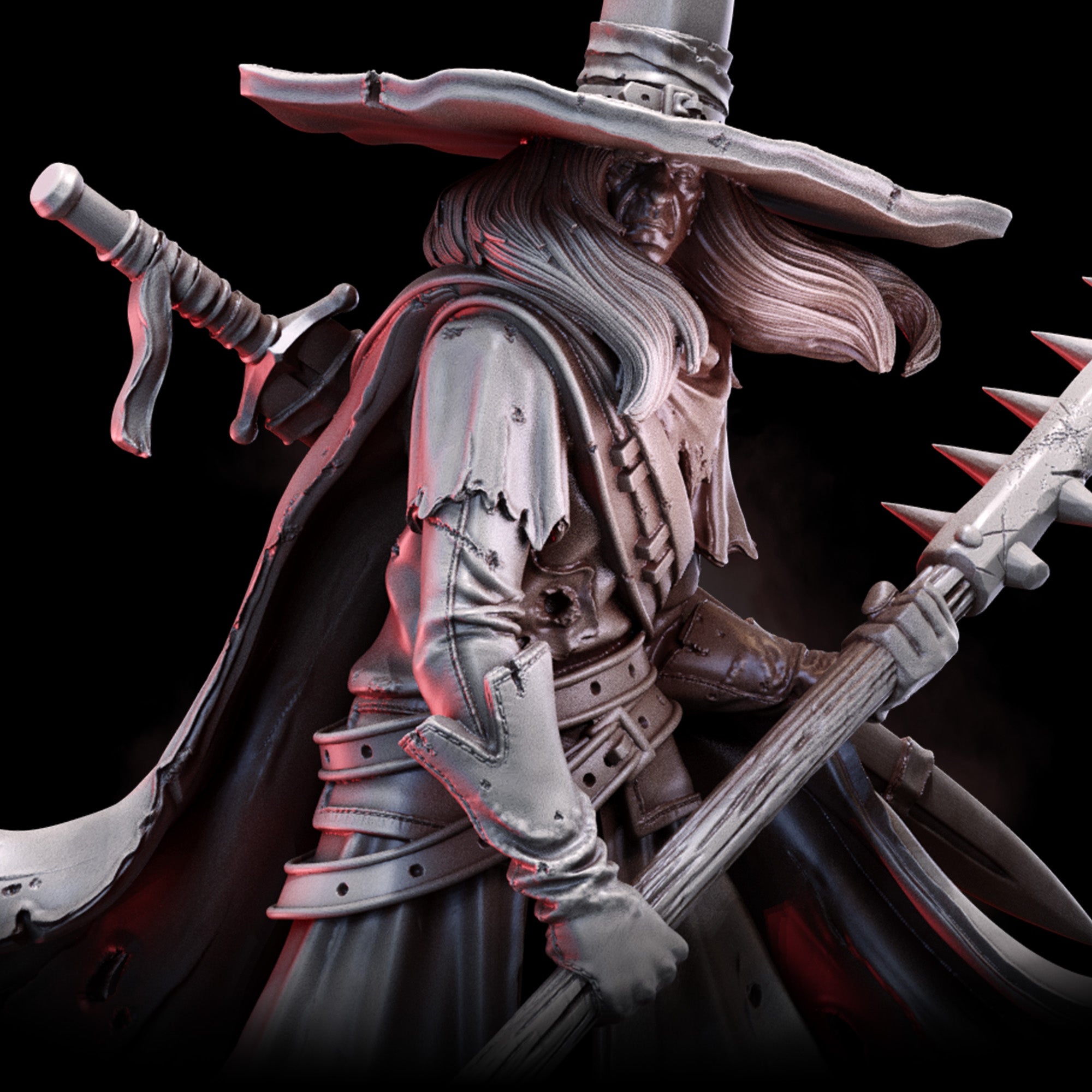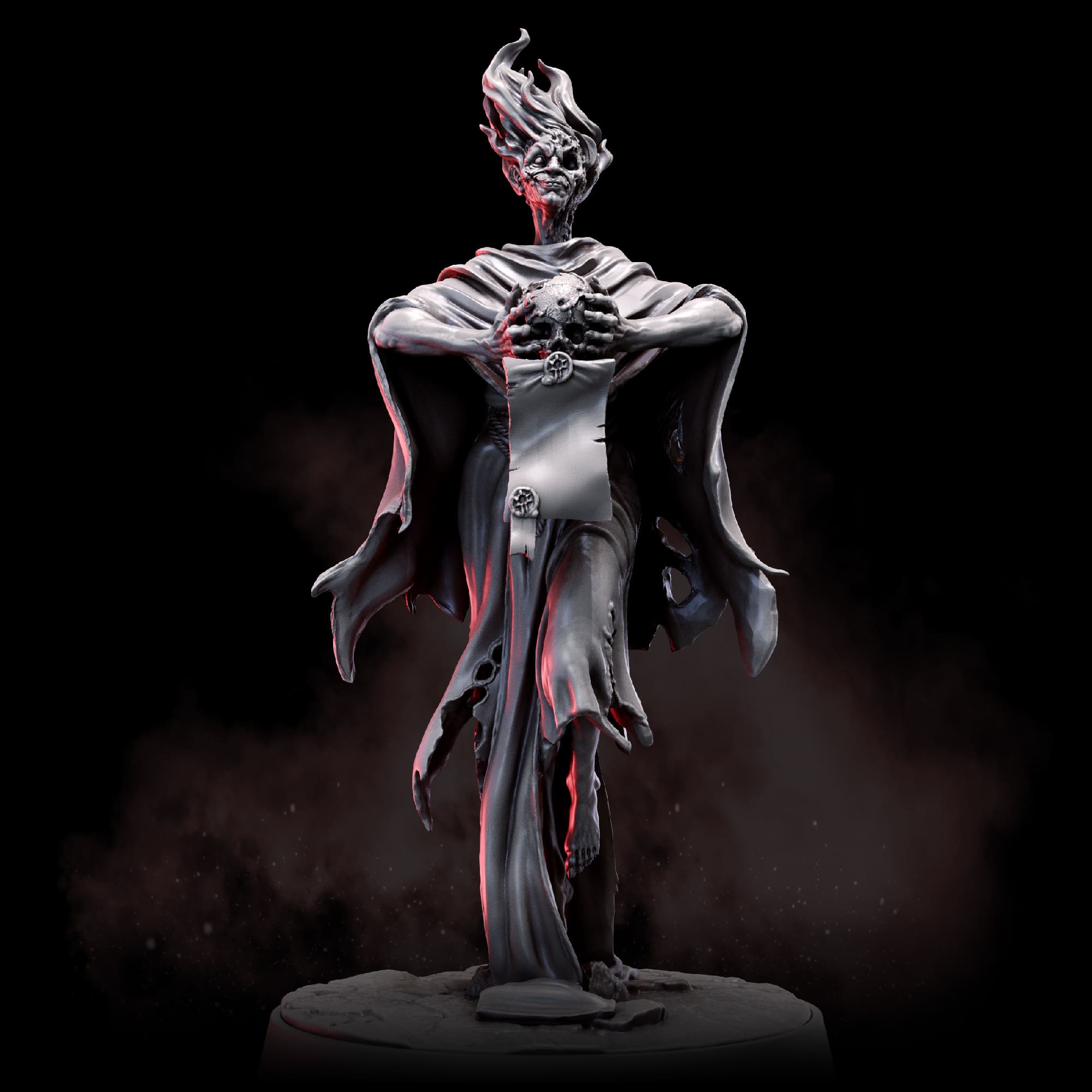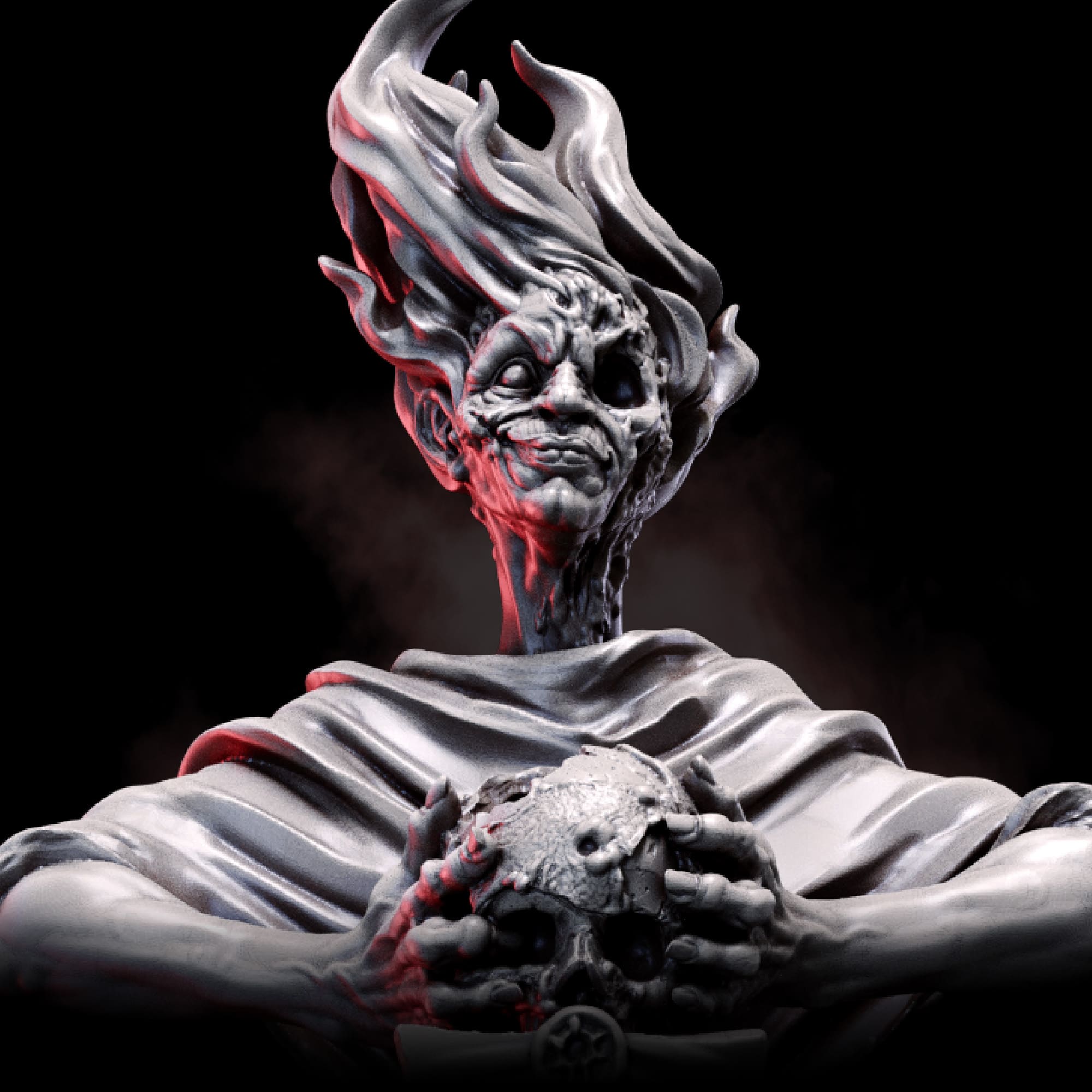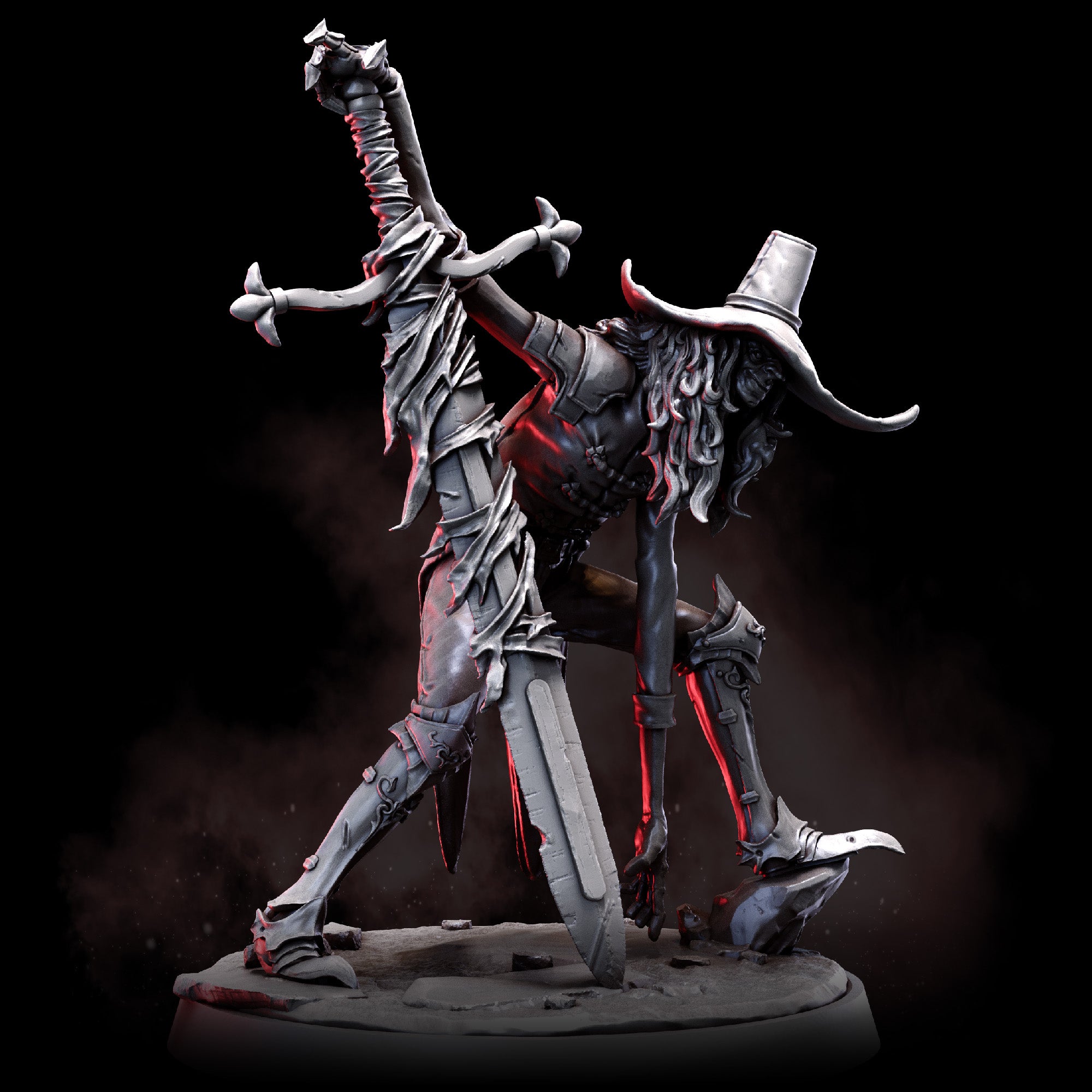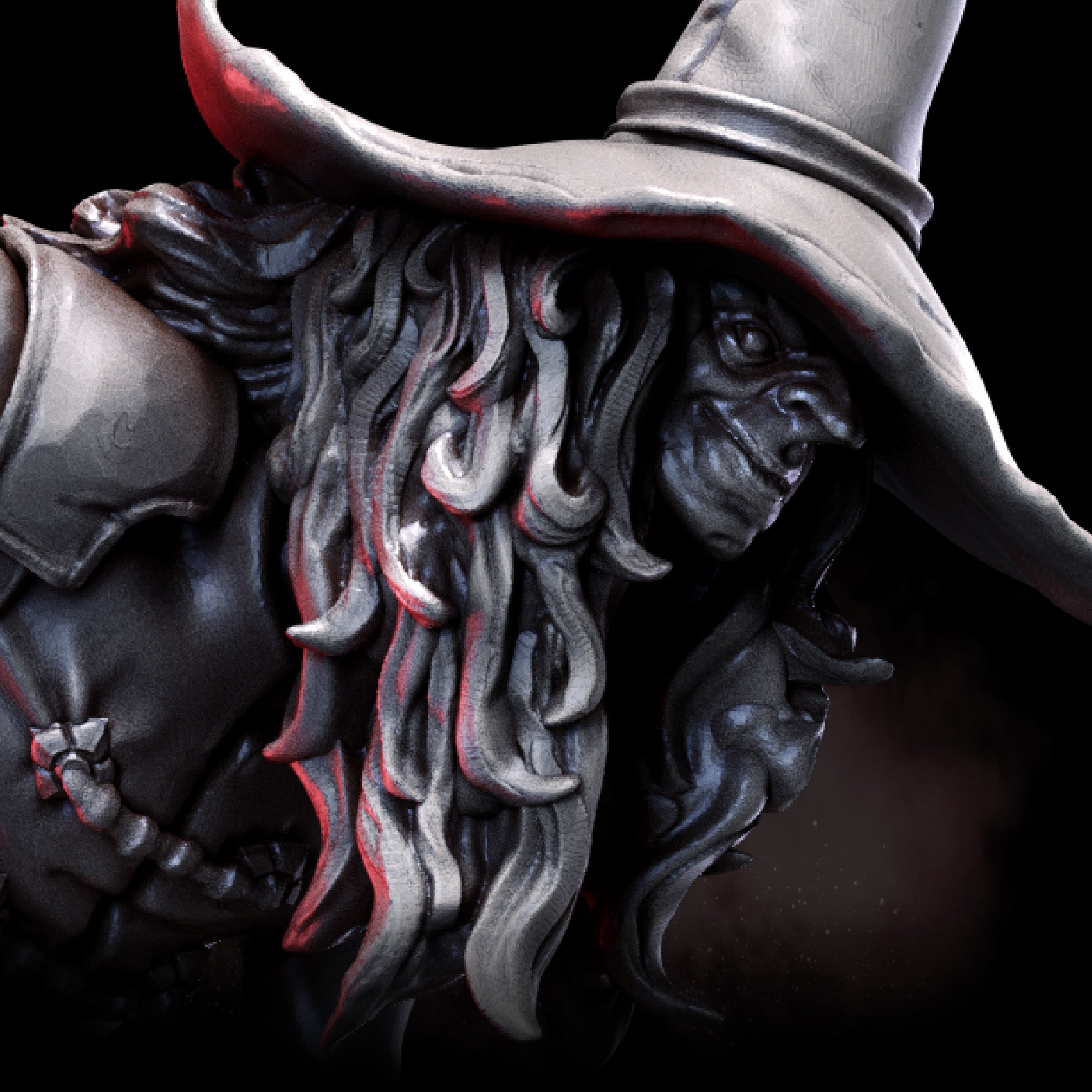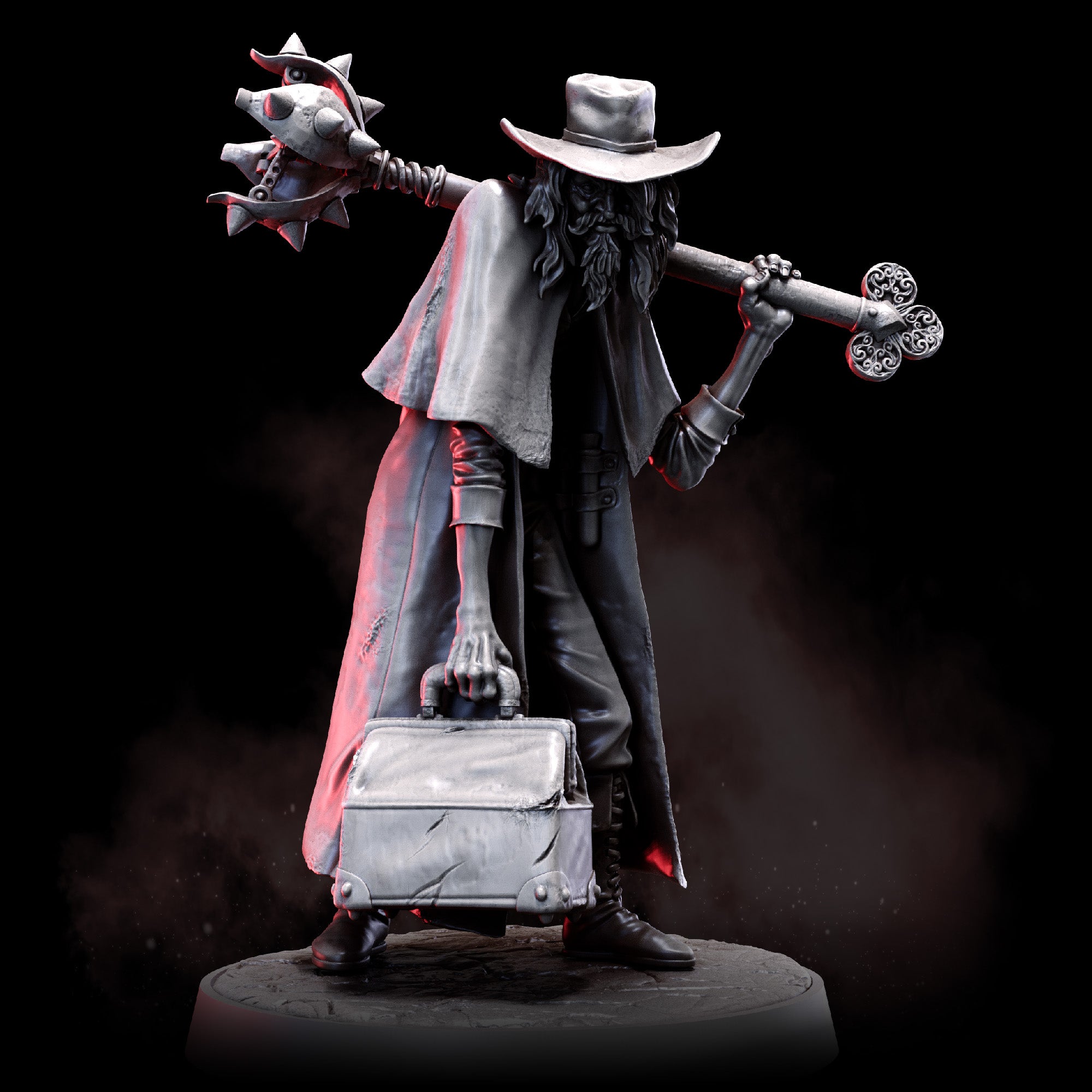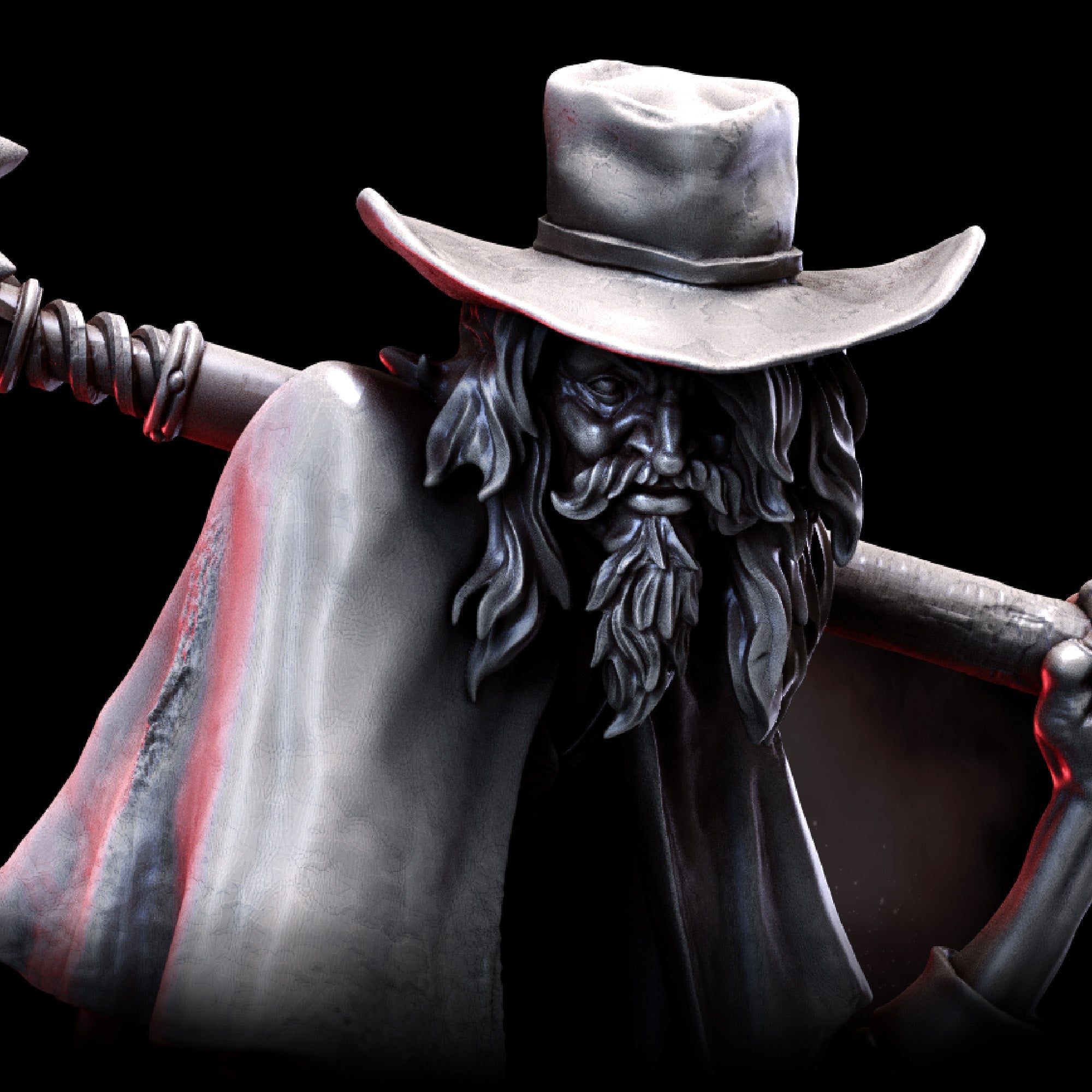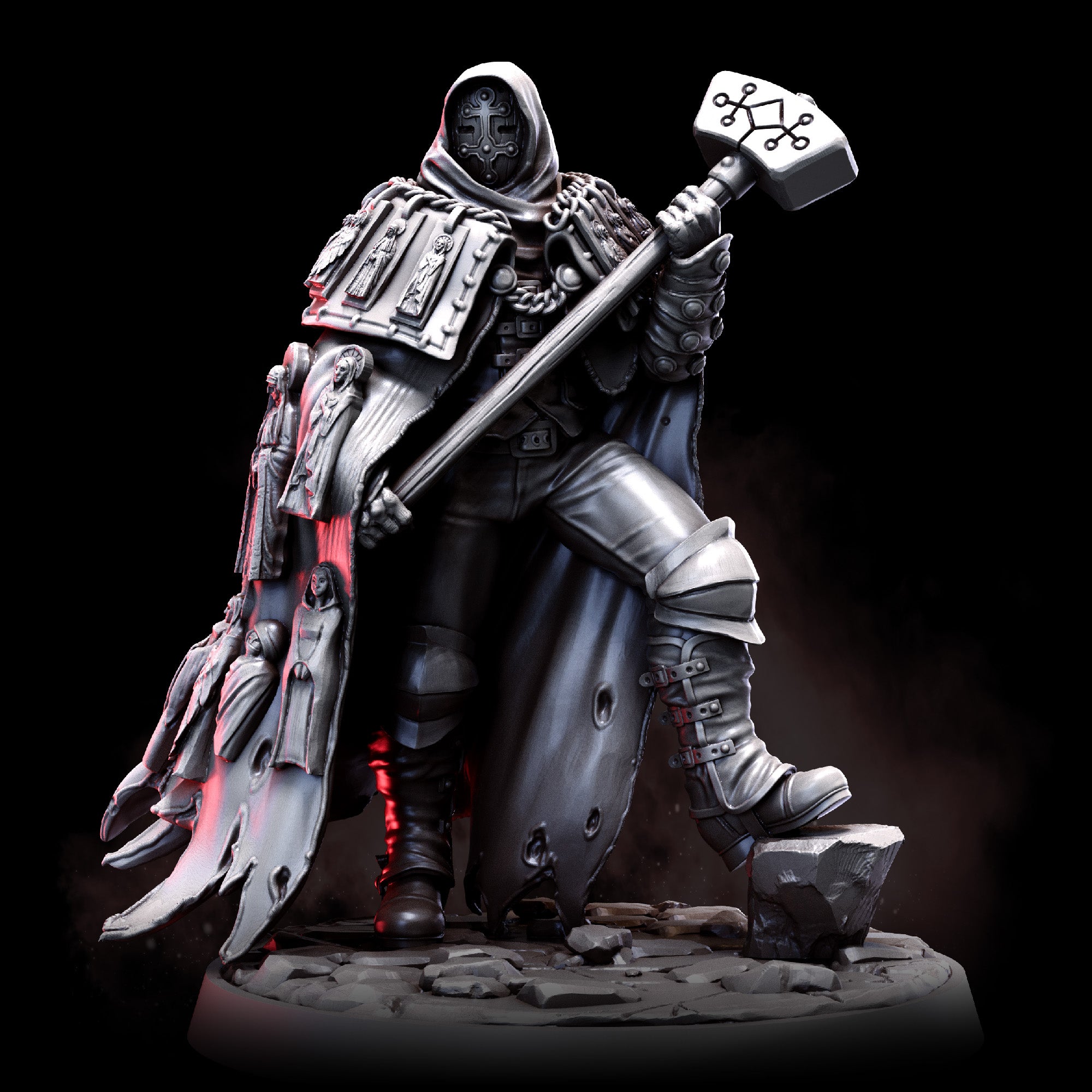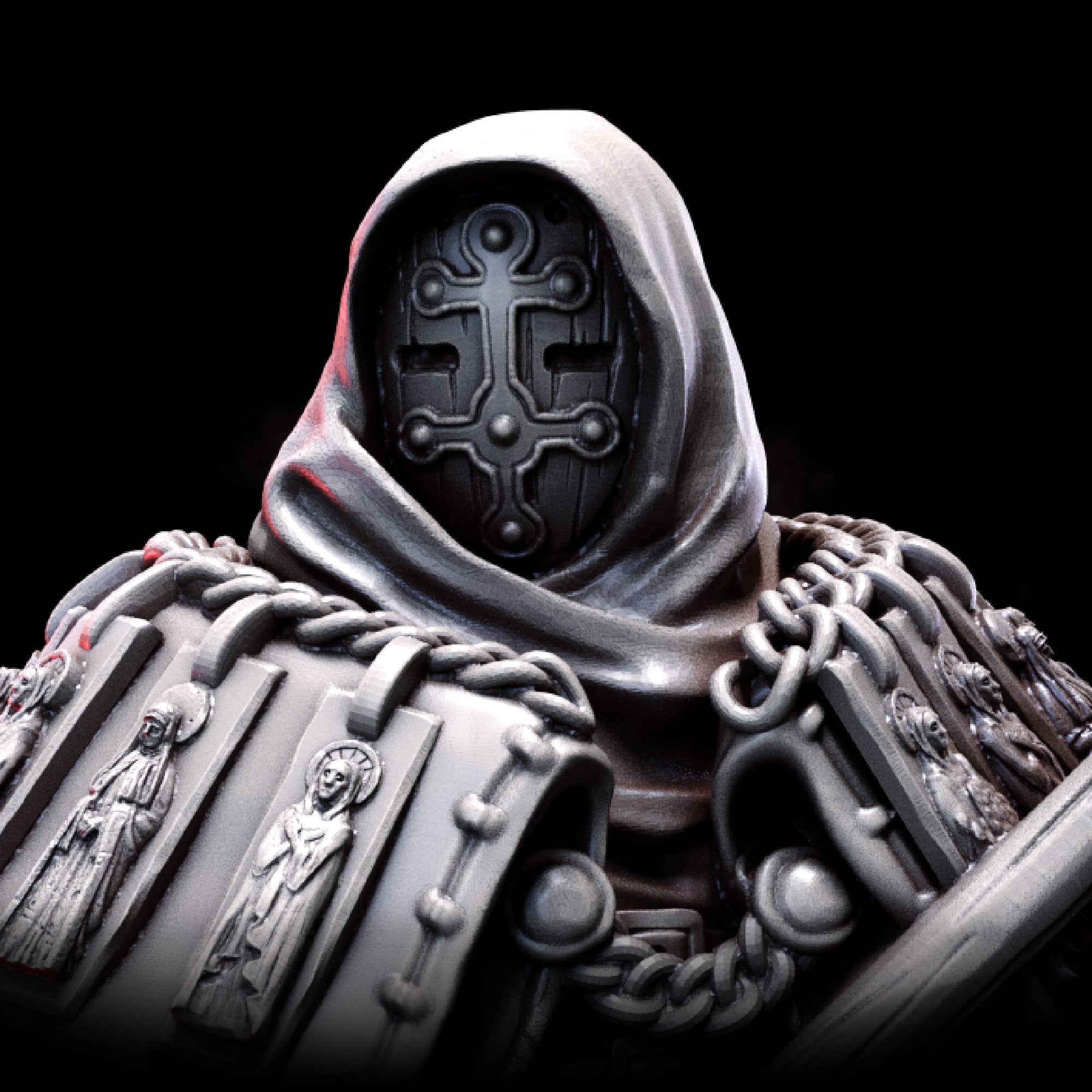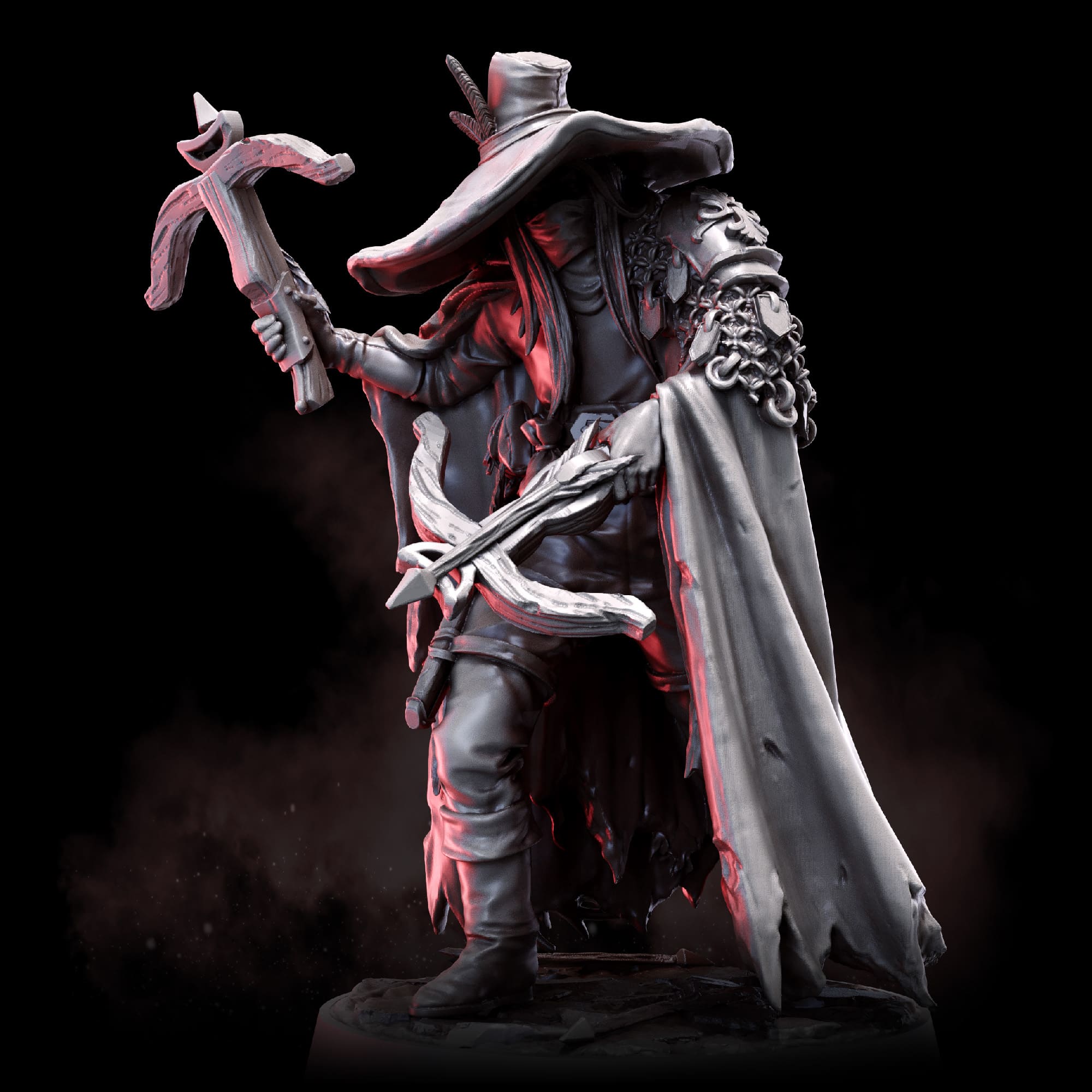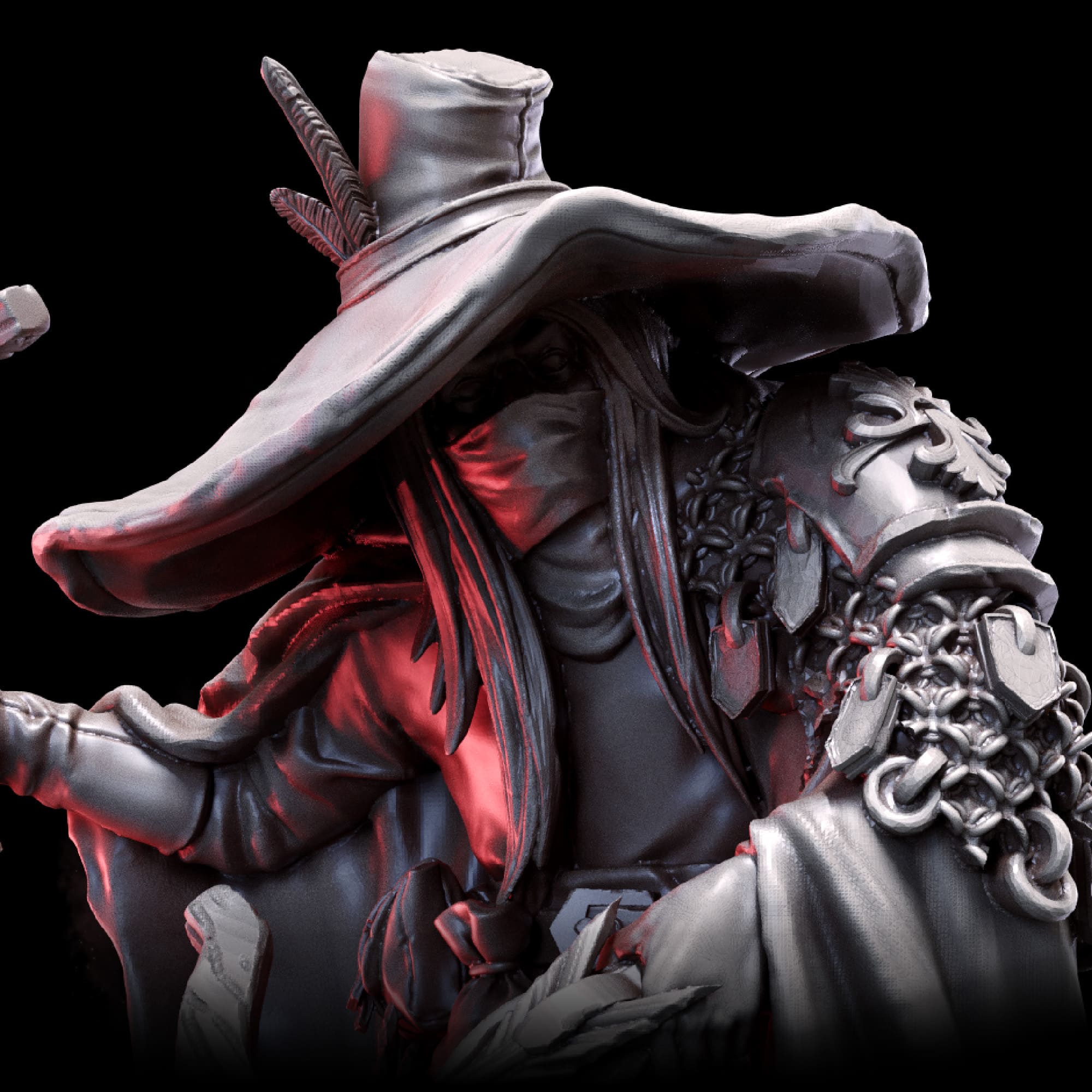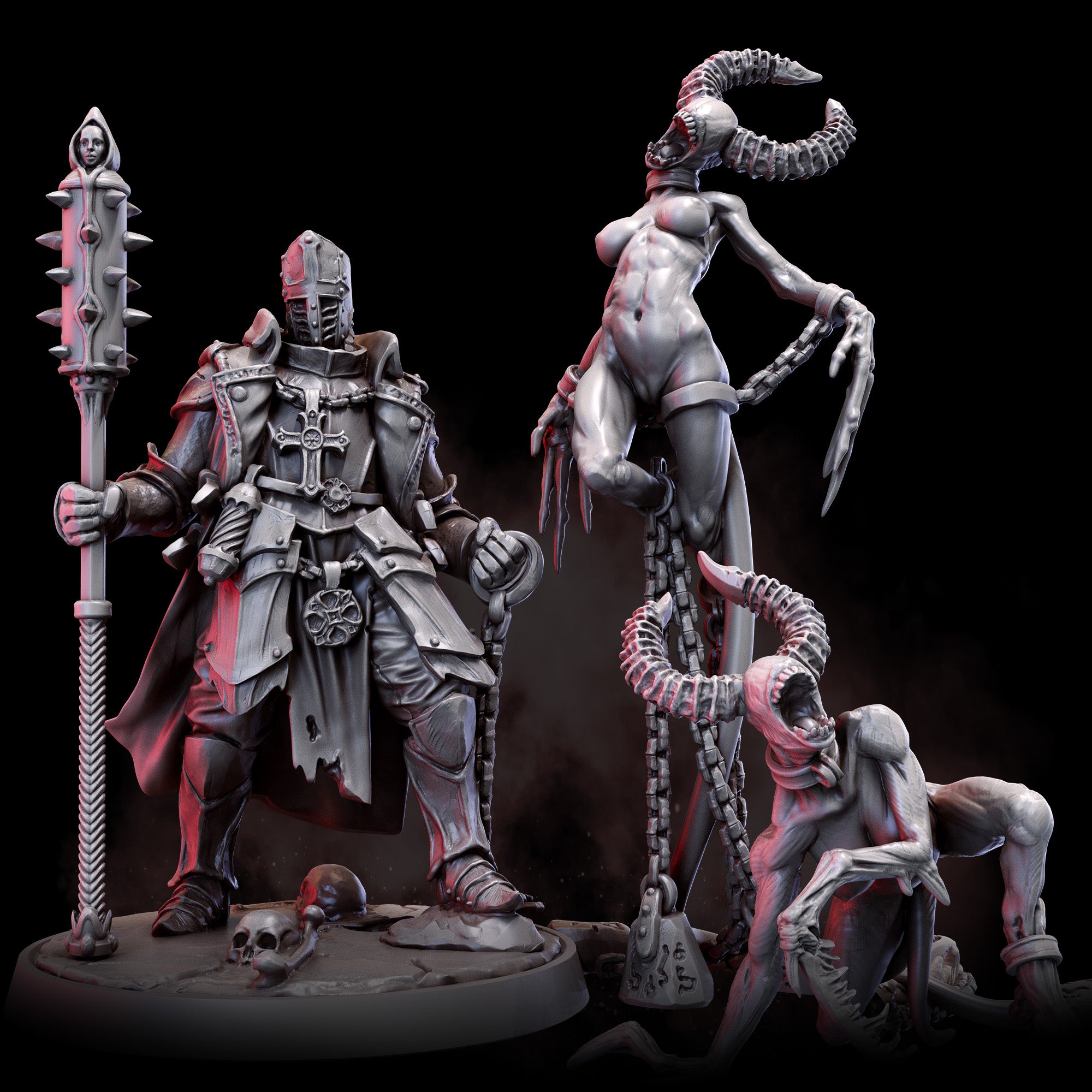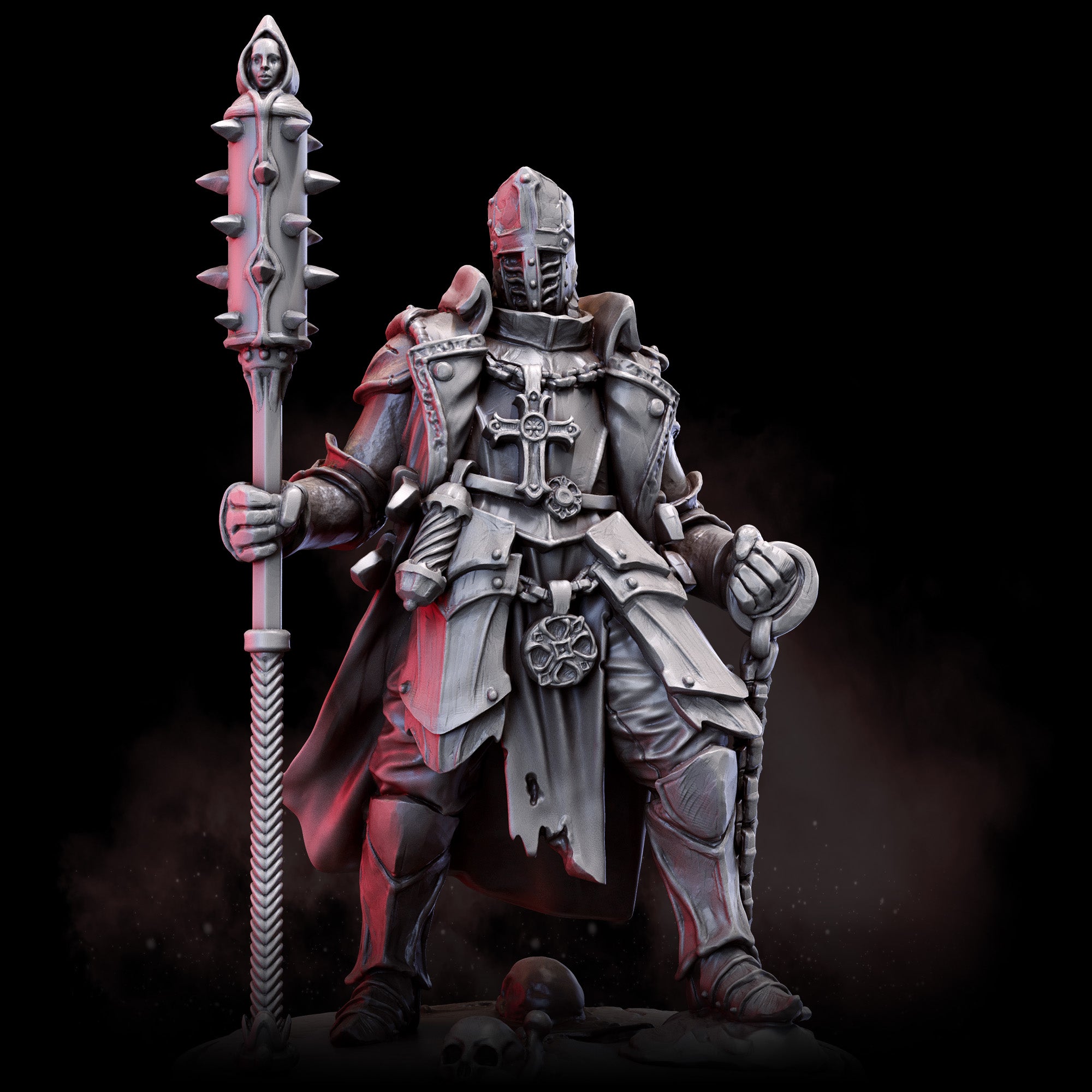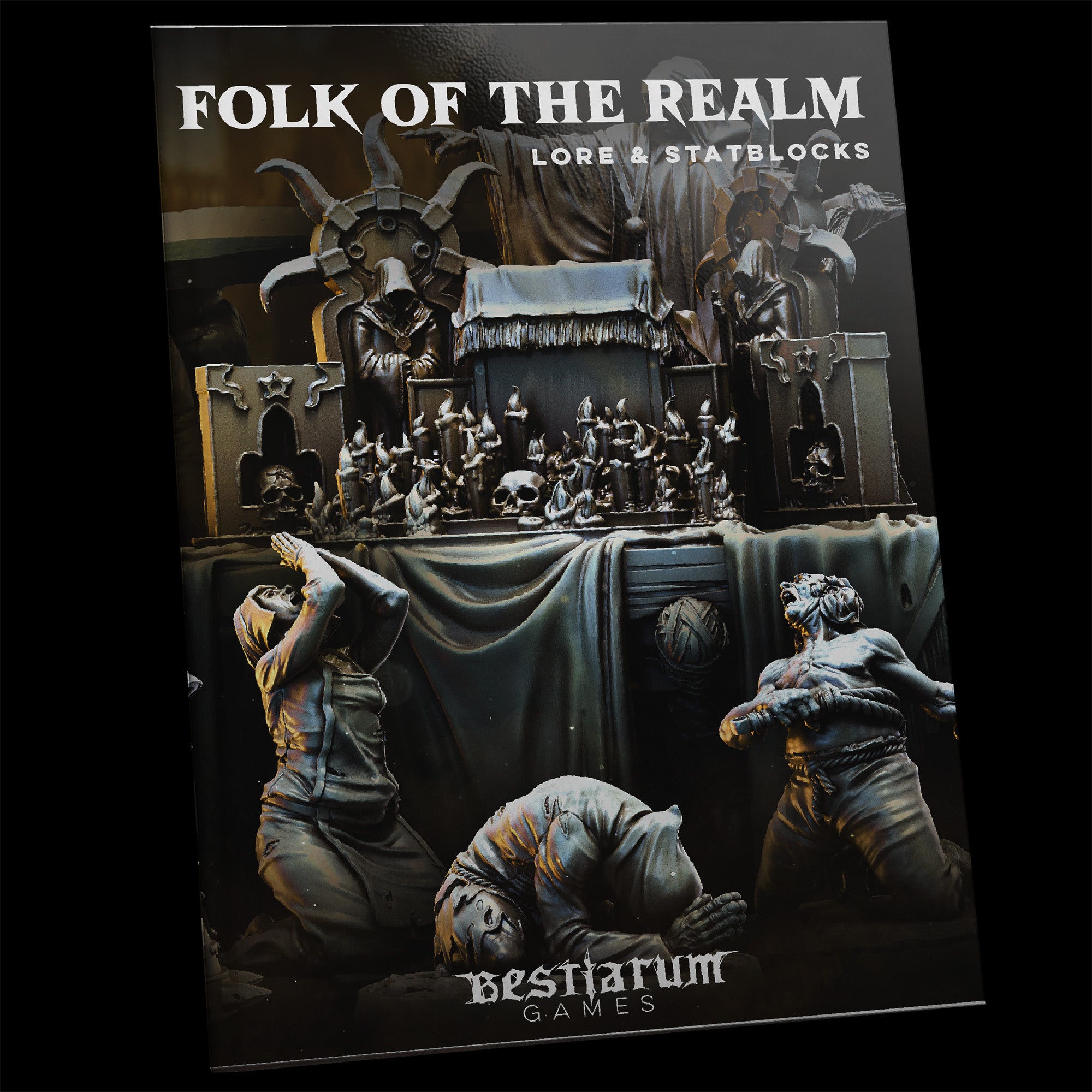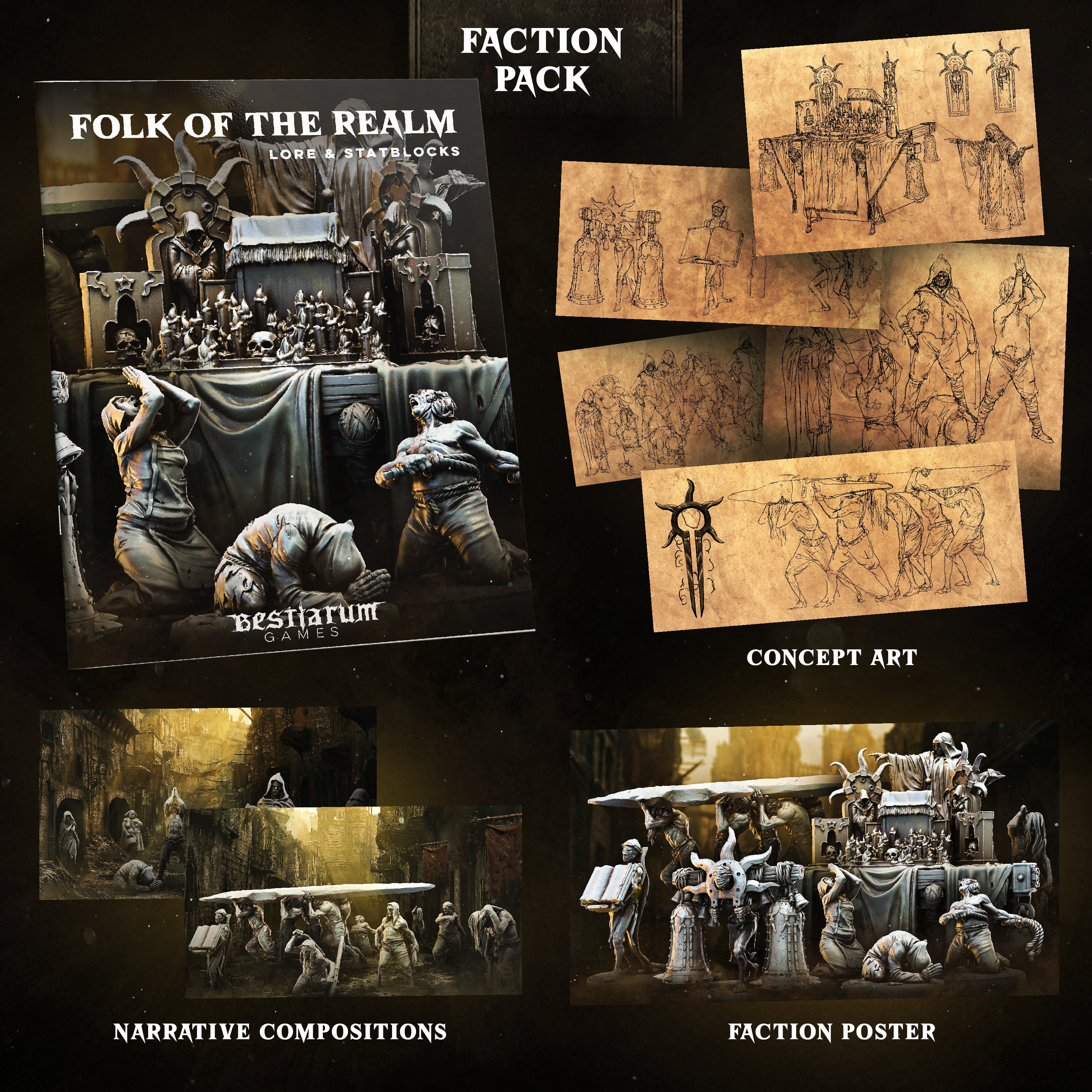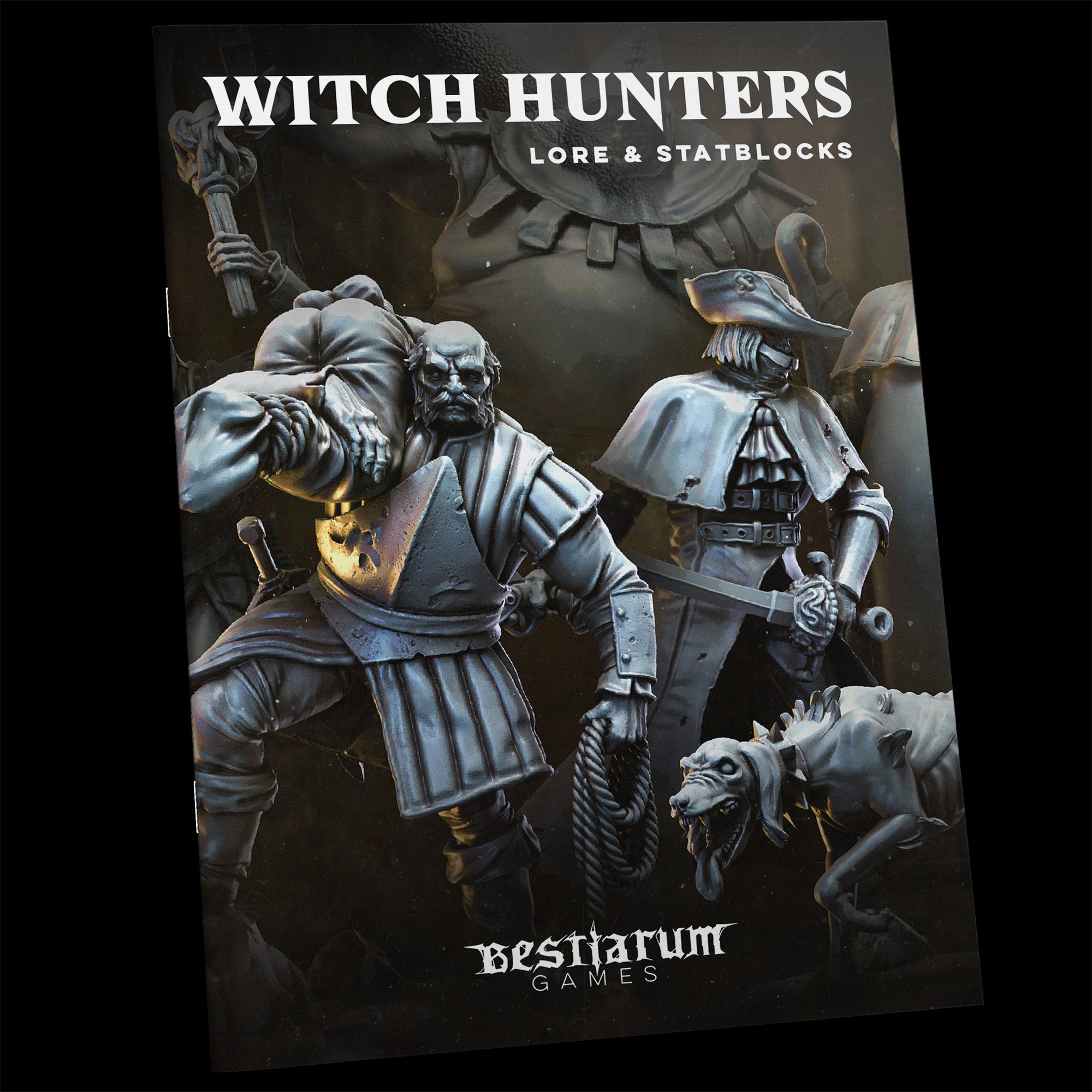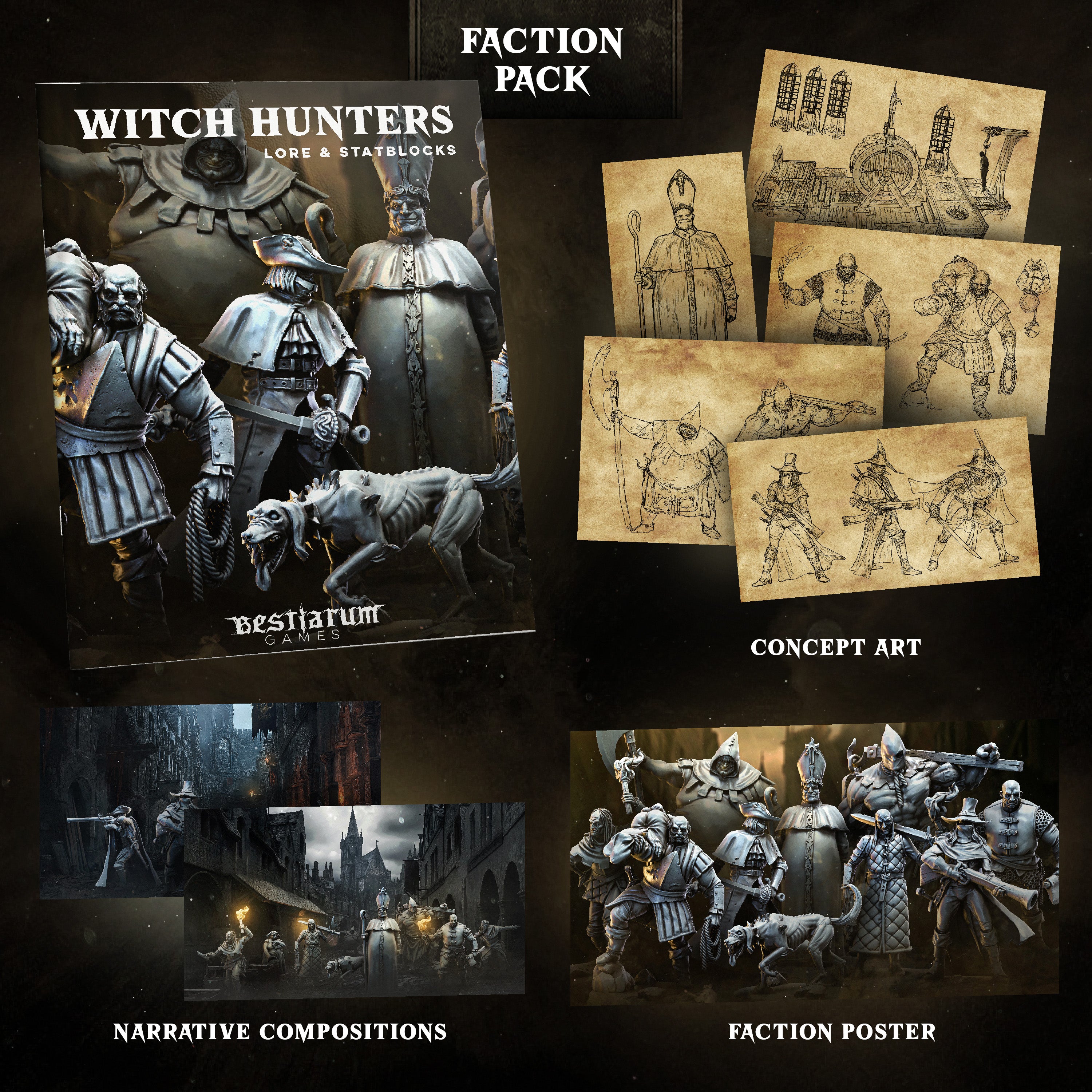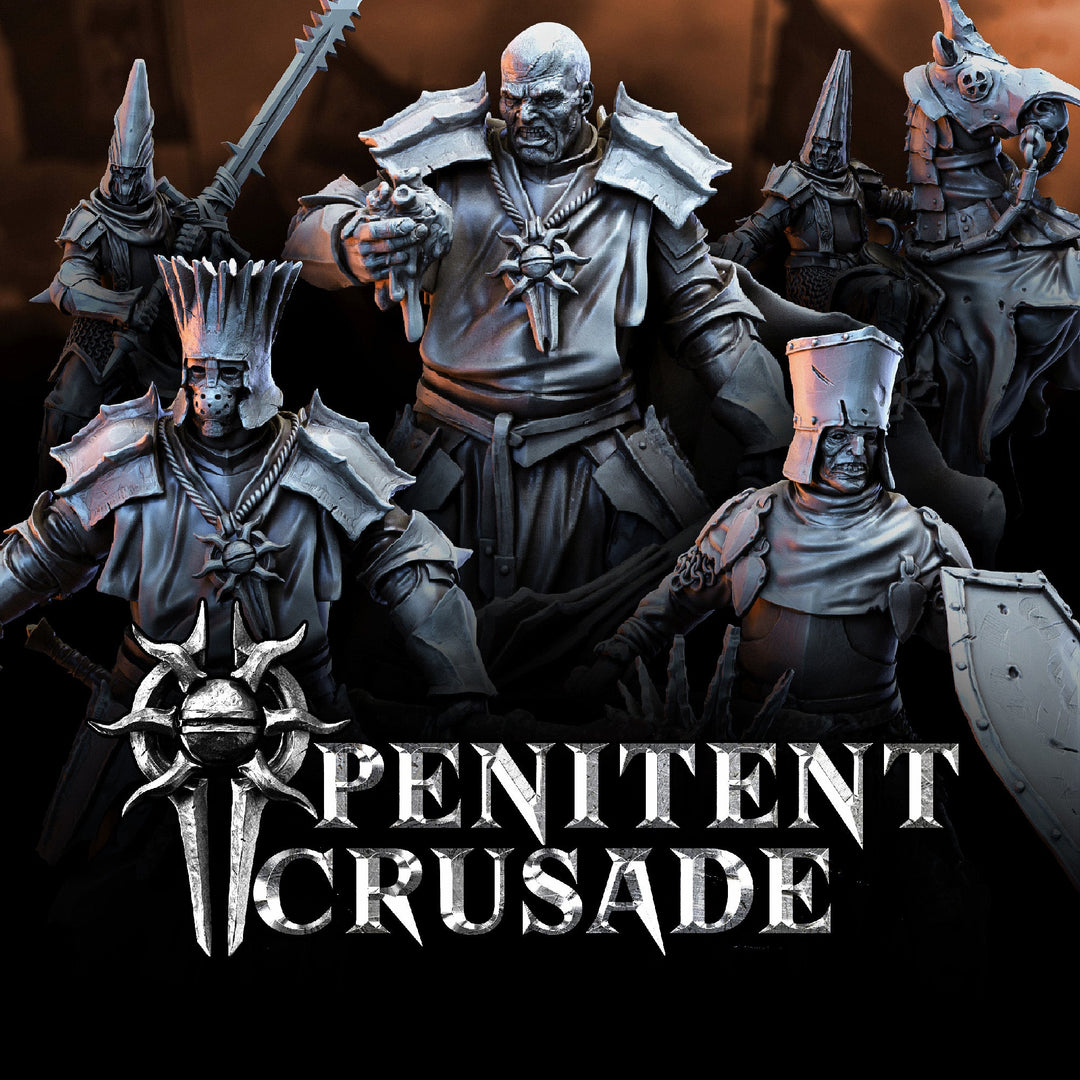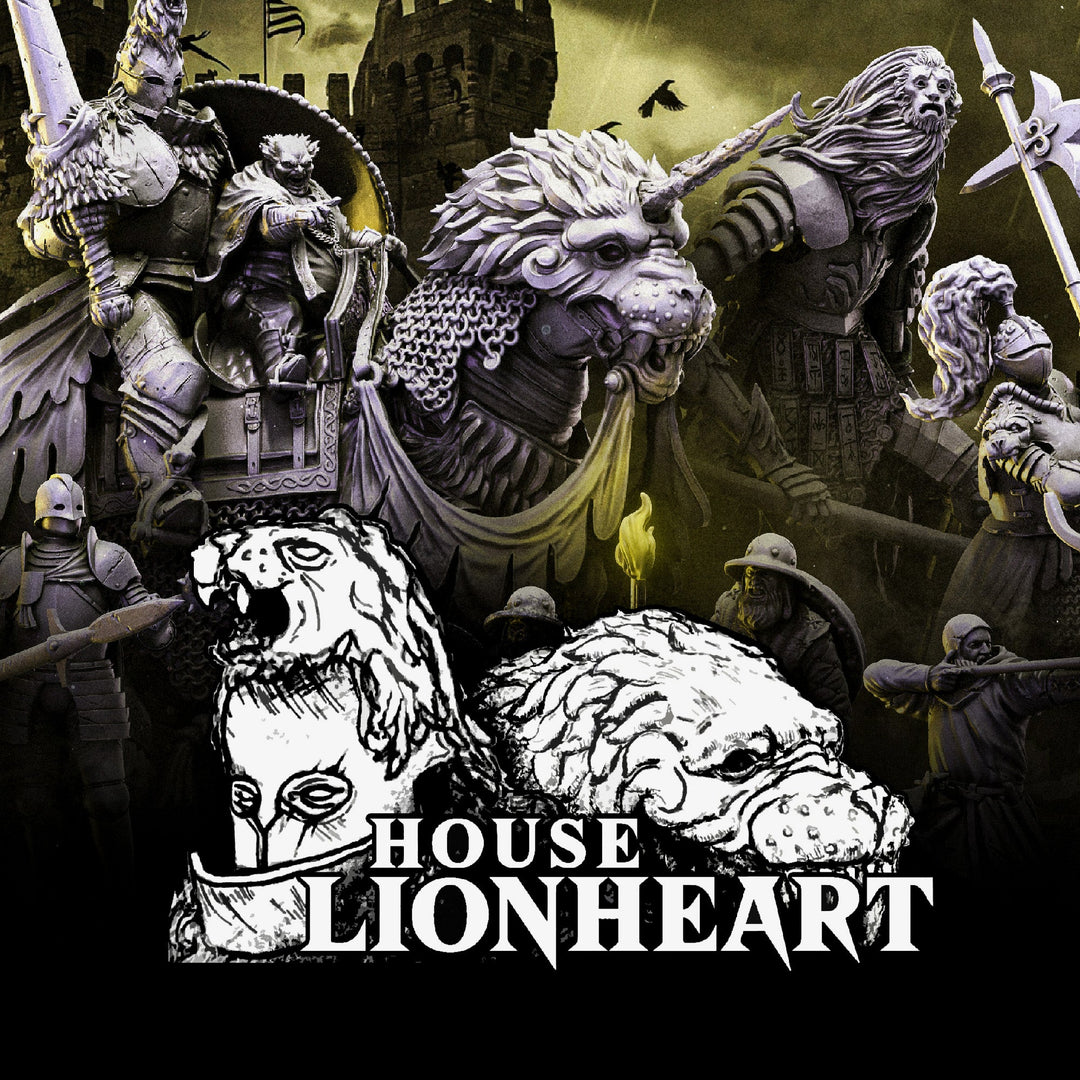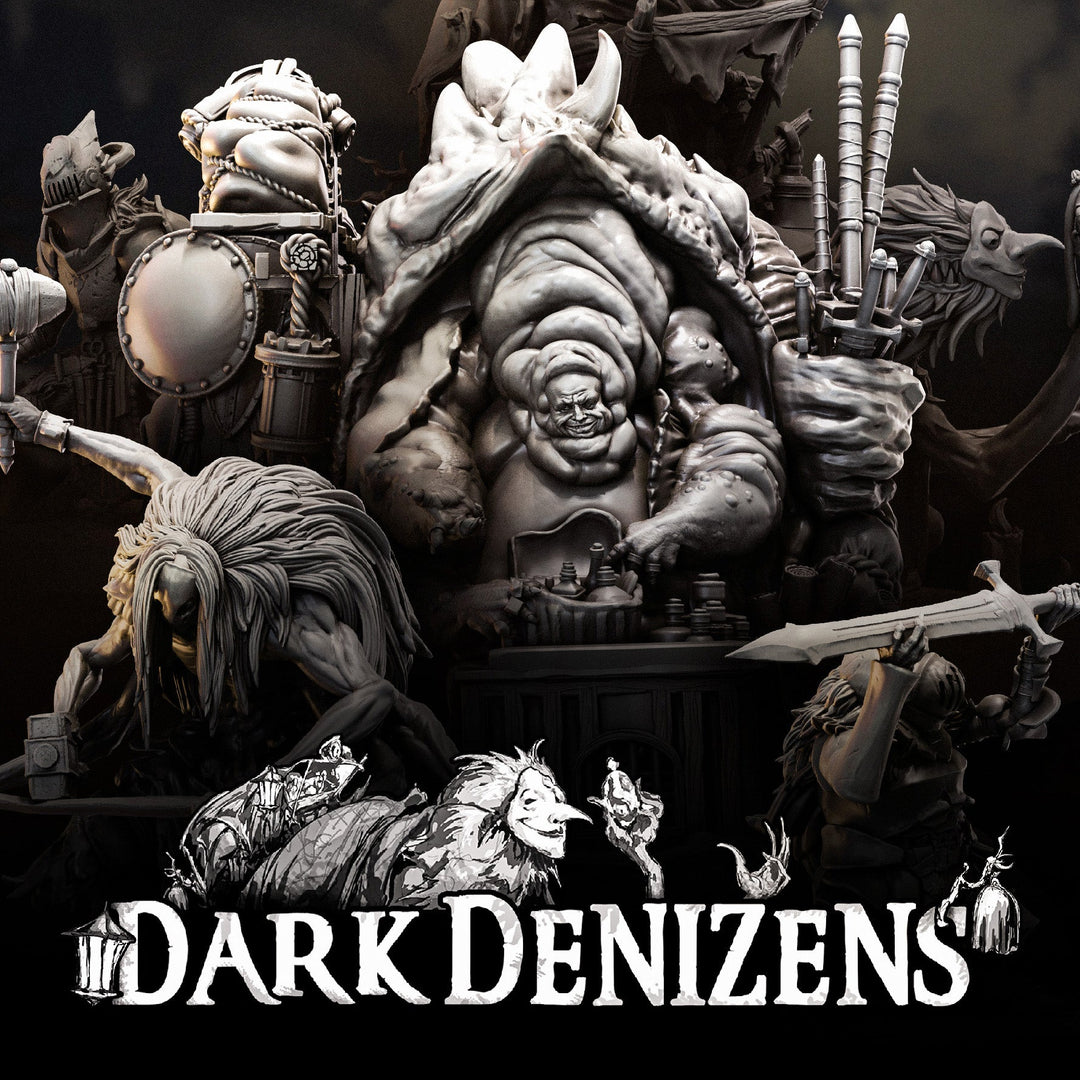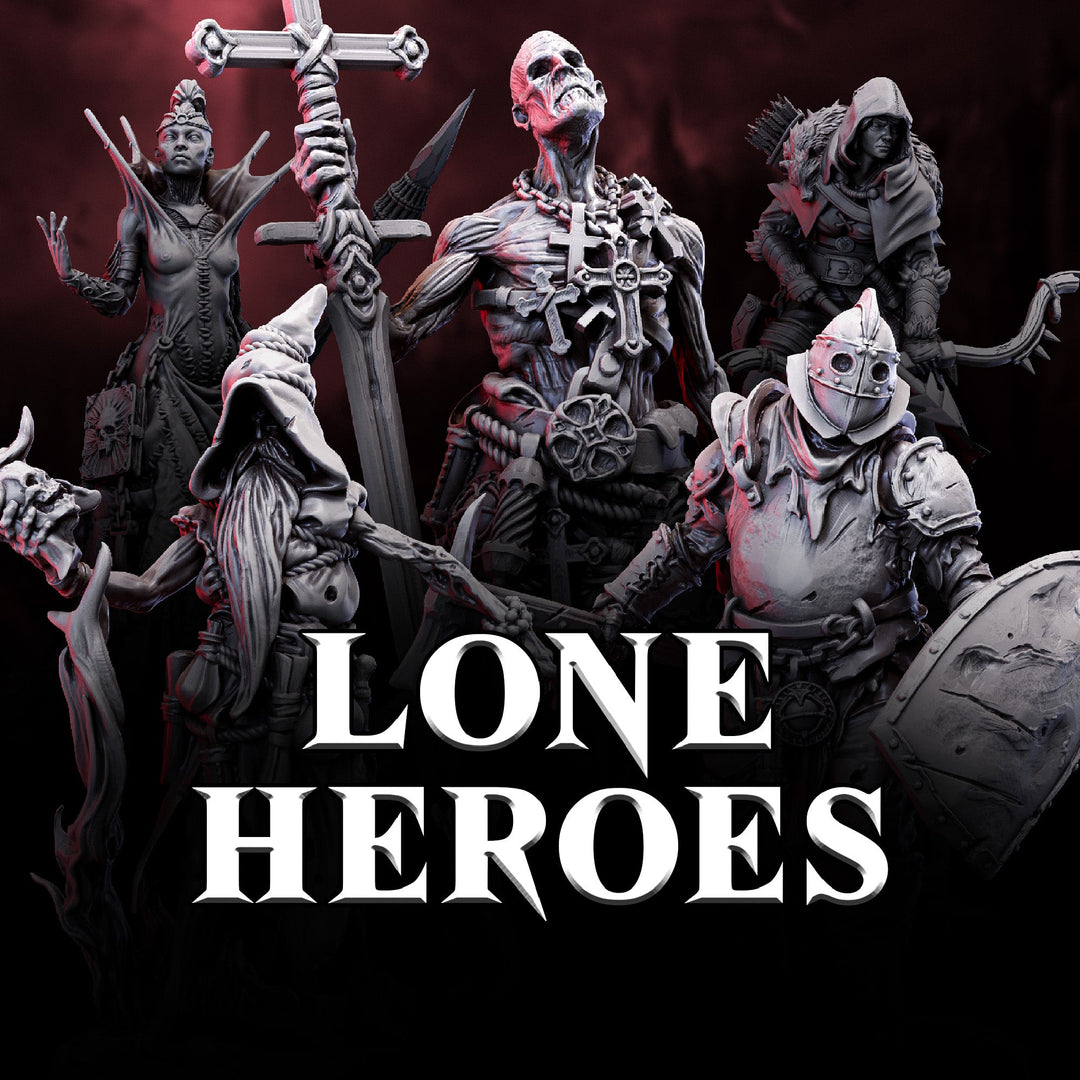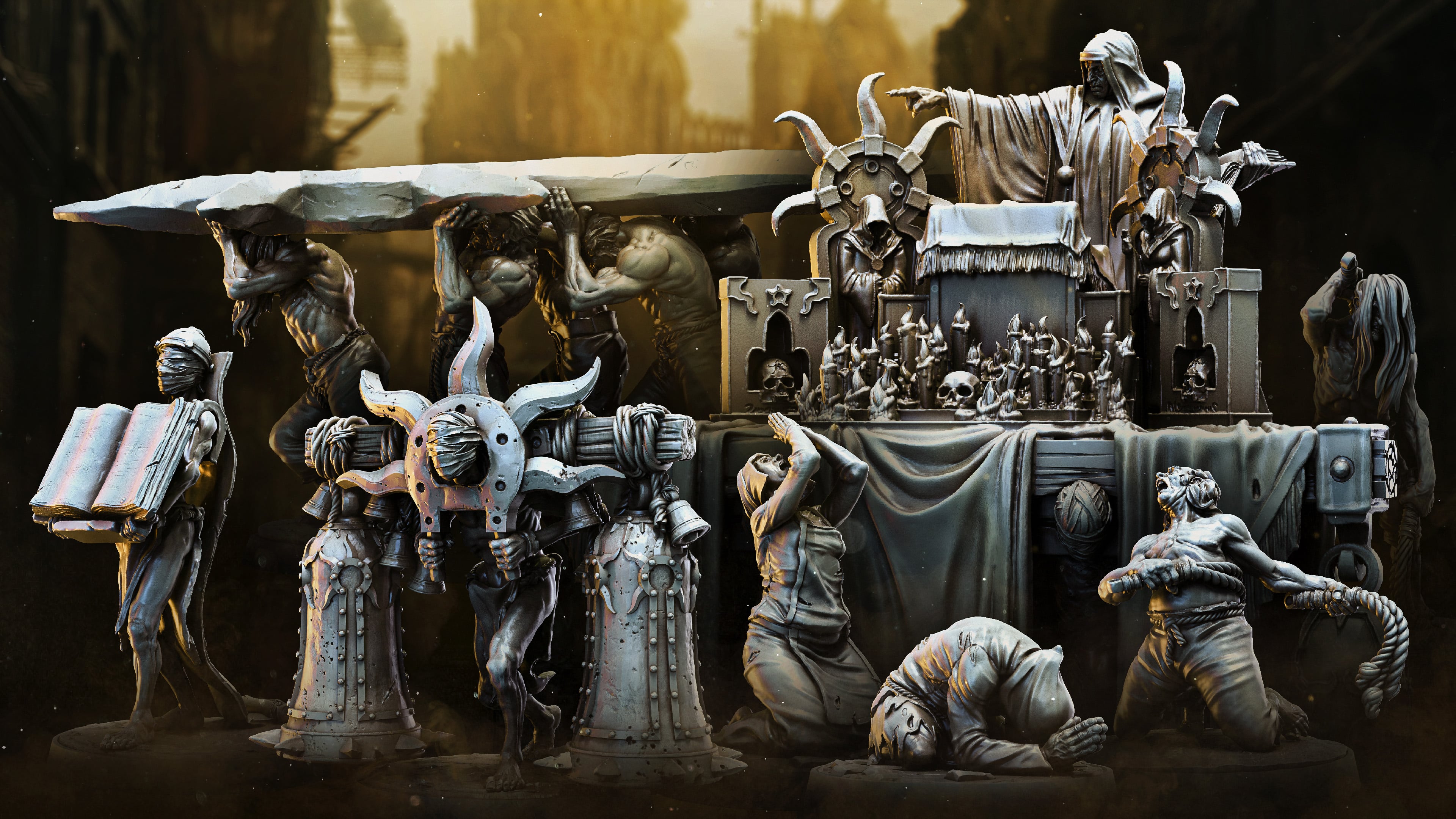
Life for the citizens of the Empire has long been one of hardship, toil, and unwavering devotion. From the bustling streets of its larger cities to the distant, isolated villages within the fringes of the Empire, every aspect of life is governed by the Azerai Church, regardless of one’s private conviction, or proximity to the greater bastions of religious power.
Daily routines are consumed by labour, with most citizens engaged in gruelling tasks meant to support the collective good, or more truthfully, meet the ever-present needs of an unstable and labyrinthine ideologic ruling body. Whether they are farmers toiling under the harsh sun, artisans crafting their goods with no end, or scribes ever-charting the comings of the smallfolk, the common folk are continuously bombarded with the belief that personal sacrifice is essential to the future of humanity.
Worship is not a choice but a mandate, and places of faith are present in every major township and settlement. Public displays of piety are expected, and the Azerai priesthood, roaming the Empire in grand ceremonial parades, bring both Faith and Mandate to all corners of the realm, from great city to isolated village alike.
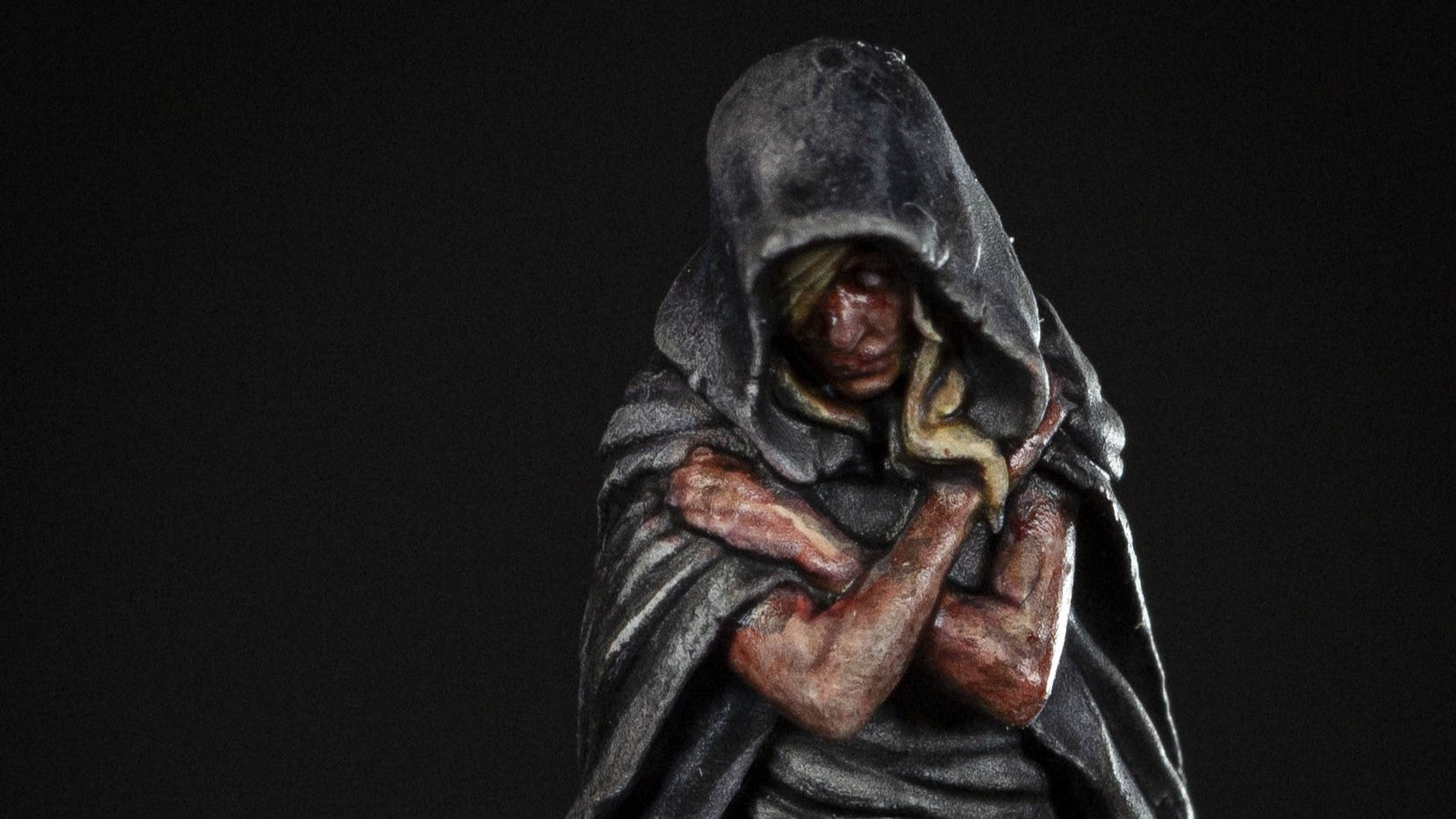
In the towns and cities spread throughout the Empire, a fragile mirage of normalcy masks the ever-present dangers lurking in the darkness just beyond light’s reach. Scattered along the ruined roads and ancient tradeways of the Old Empire, these robust settlements benefit from an almost-consistent trickle of resources and protection otherwise lacking in the more remote parts of the realm. Survival, however, remains a challenge with citizens labouring from dawn to dusk, driven by a mixture of piety and intense, worldly desperation. Within these dingy conurbations it should come as no surprise that some members of the populace might stray from the Church’s teachings to make ends meet, or grasp upon some other, more immediate offer of hope.
When such deviance is discovered by the Priesthood, the mighty fist of the Penitent Crusade is brought to bear, dealing indiscriminate punishment upon the heretics, and all those unfortunate enough to be nearby. This ever-present threat of communal punishment serves as yet another tool of control, with fear of reprisal making most folk more than willing to report any signs of impiety to protect their relative safety or standing.
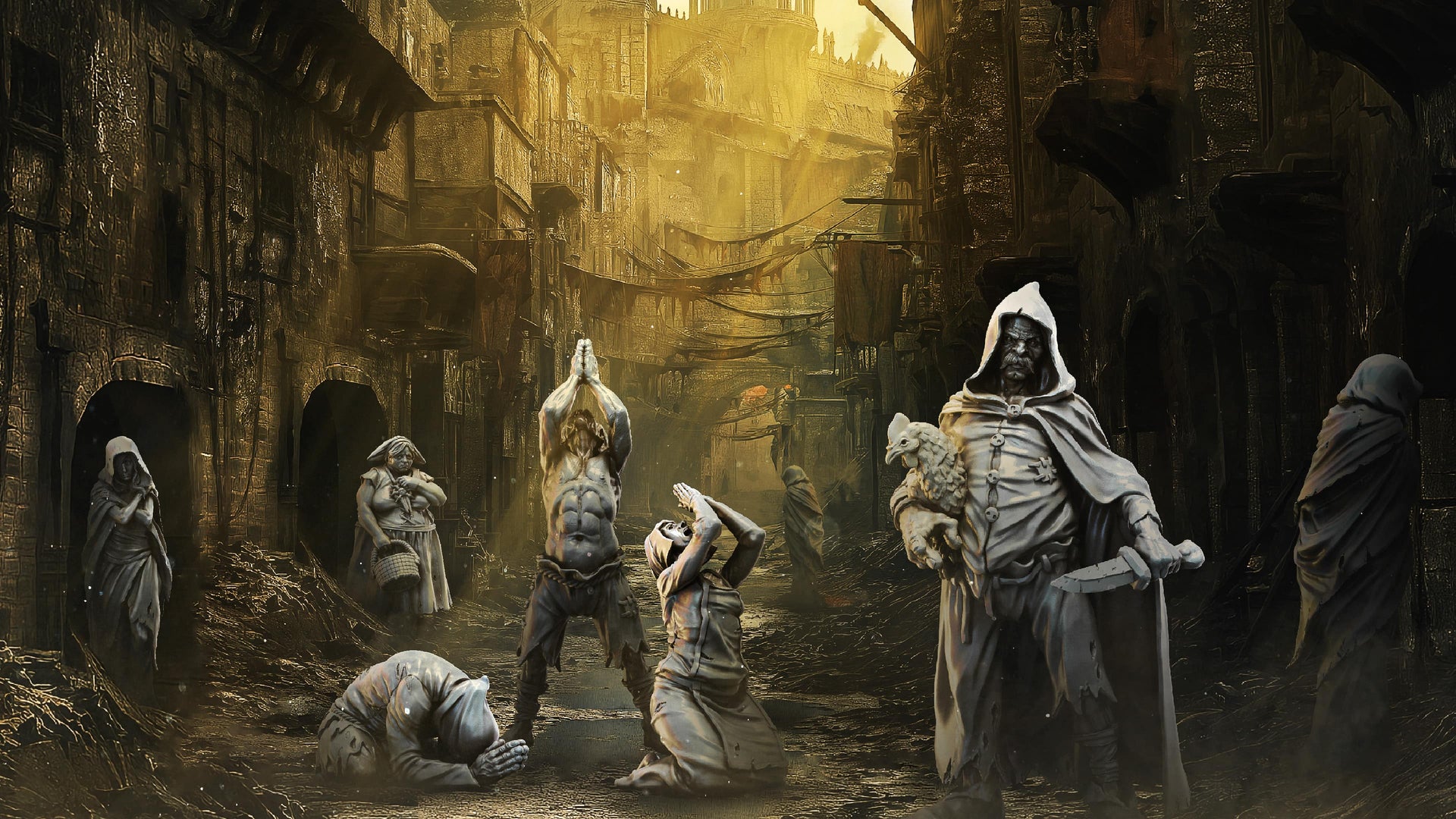
The Azerai Creed stands as an unwavering pillar for the people of the Empire, providing a source of stability in times of darkness and despair. At its core lies a principle of brutalistic humanism, teaching that mankind shapes its own destiny through sheer force of will and endurance. No man or divine power is greater than the collective will of mankind, united under the Azerian Creed. The continuance of the whole is paramount, and through shared hardship, the human race will emerge victorious from these ages of ruin and return to the lost times of prosperity as created by the First Emperor so many years ago.
The Azerai Church preaches that salvation is not a gift but a goal earned through toil, sacrifice, and submission to the greater good. Humanity, shattered by the Cataclysm, is tasked with reclaiming its lost greatness. Every act of service, every effort, is a step toward Ascendancy—a way to seize control of our future from the claws of madness and hungering evil.
